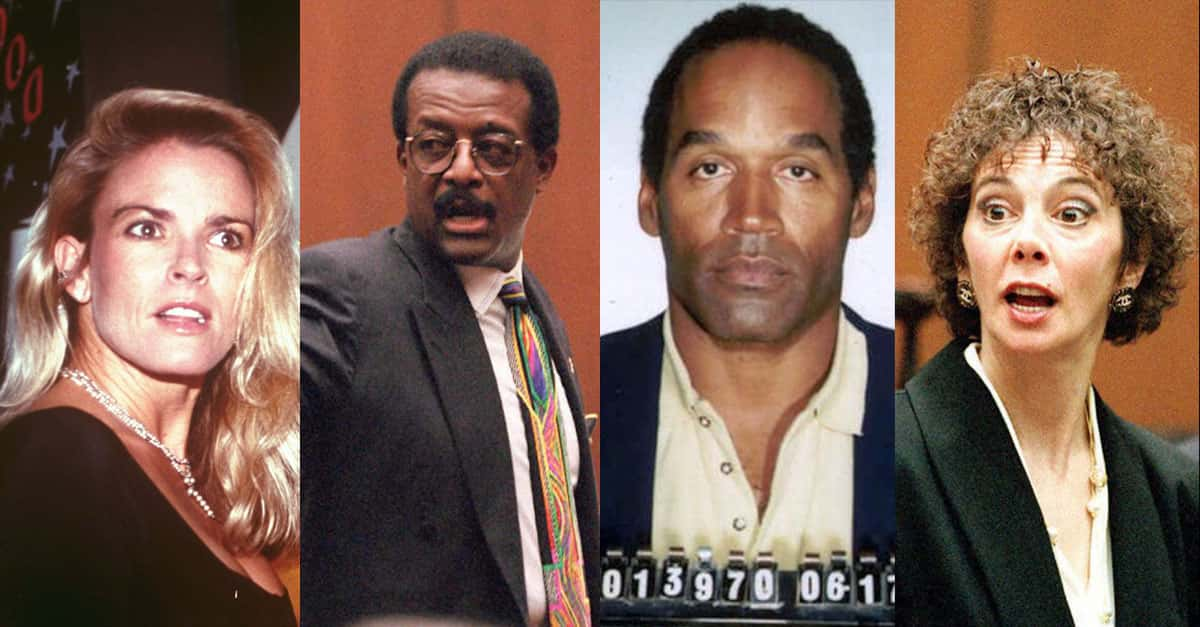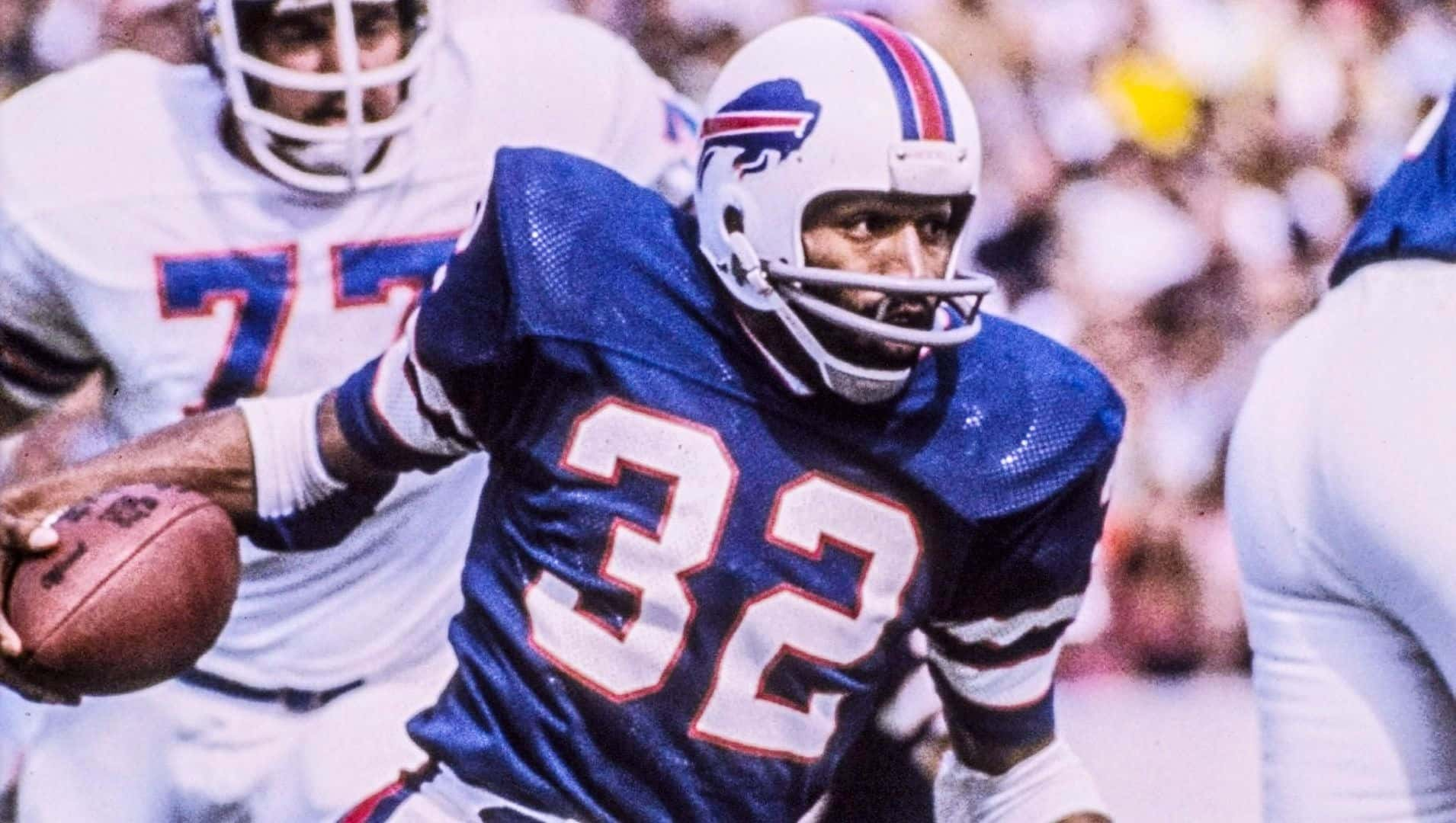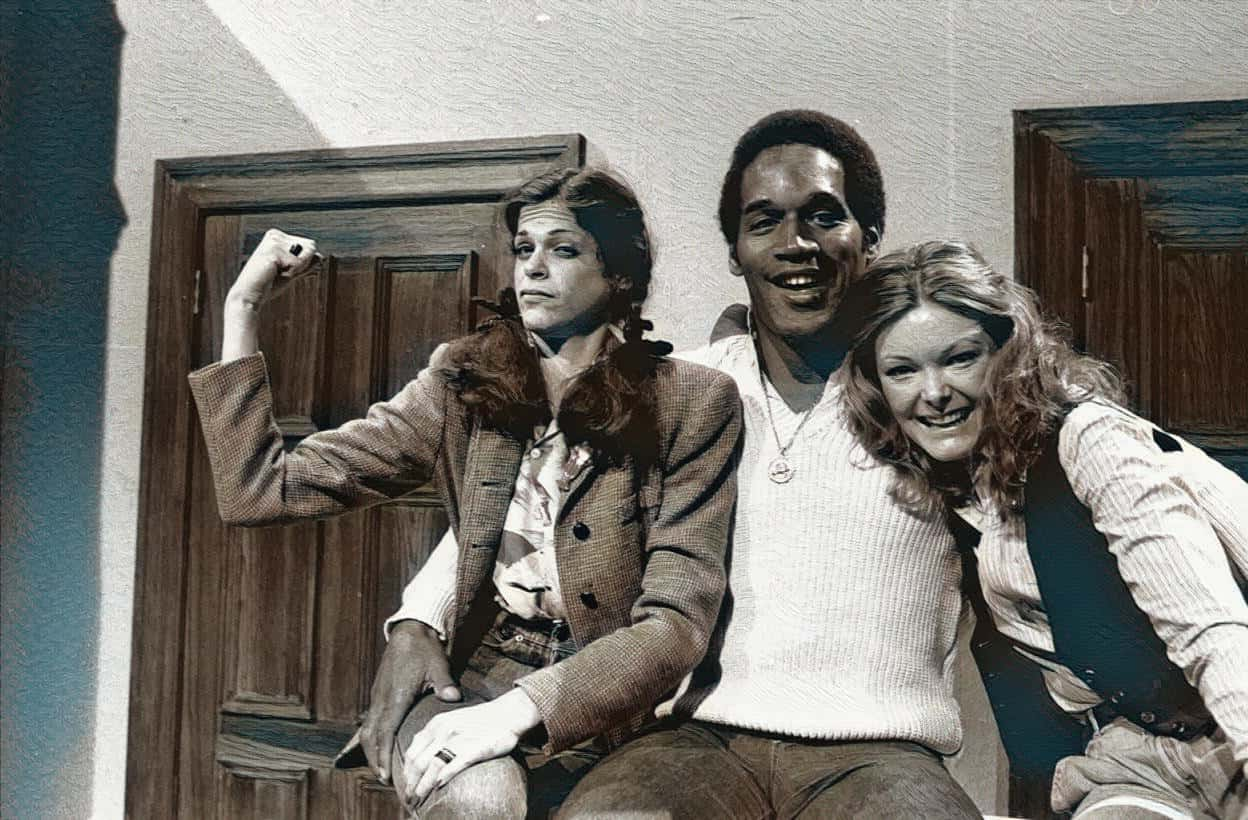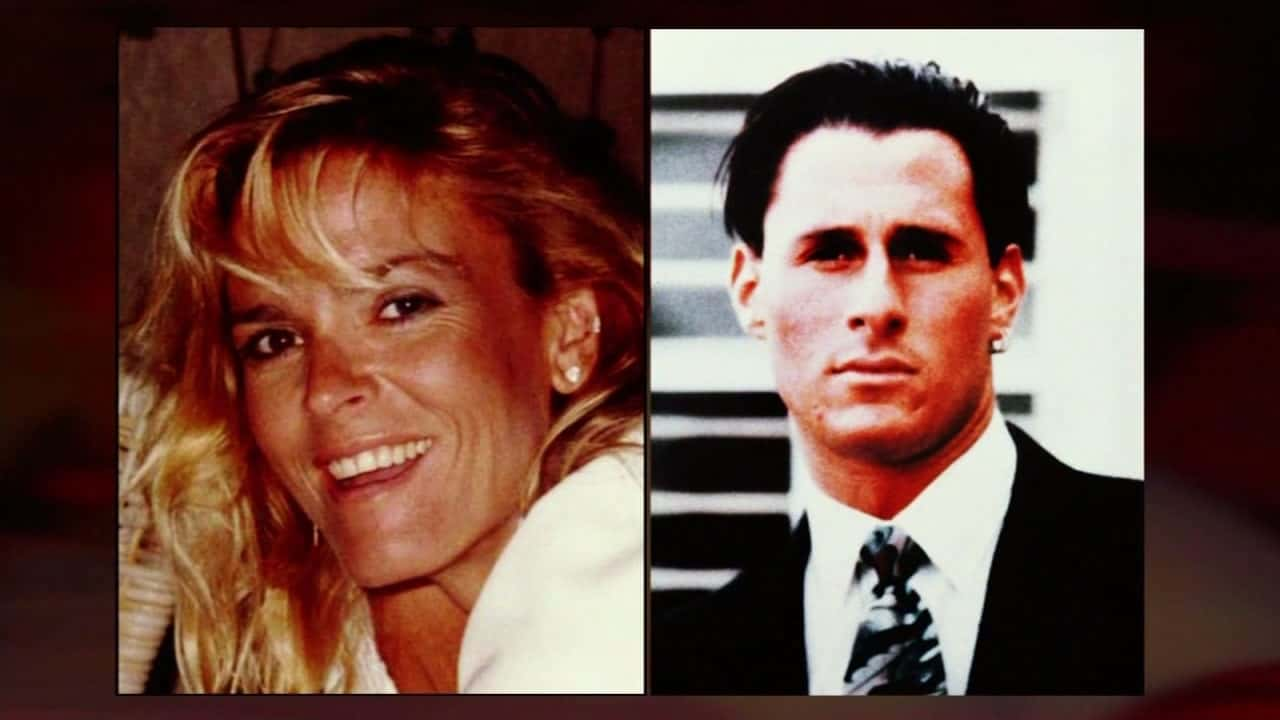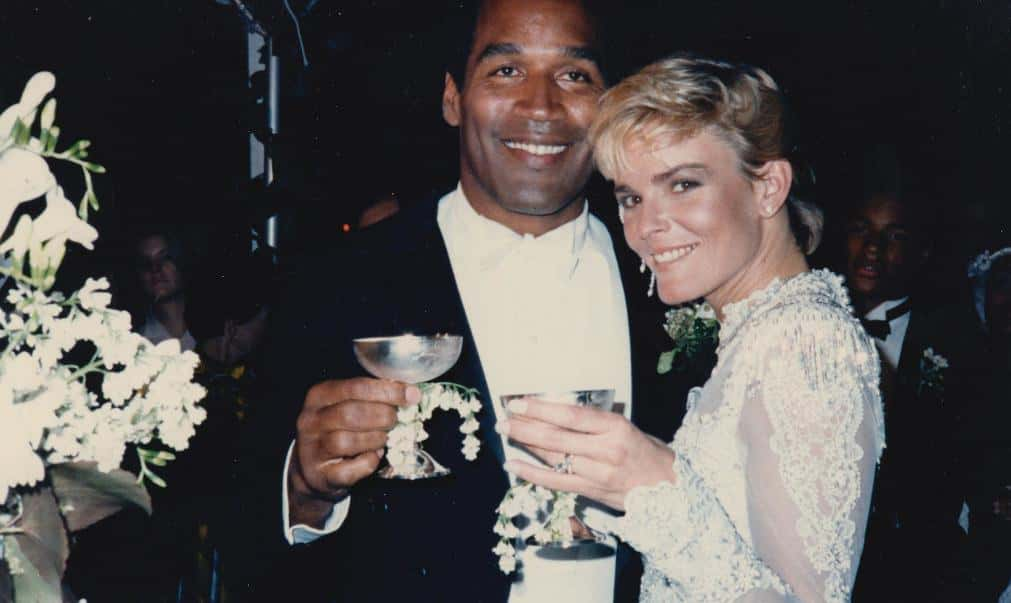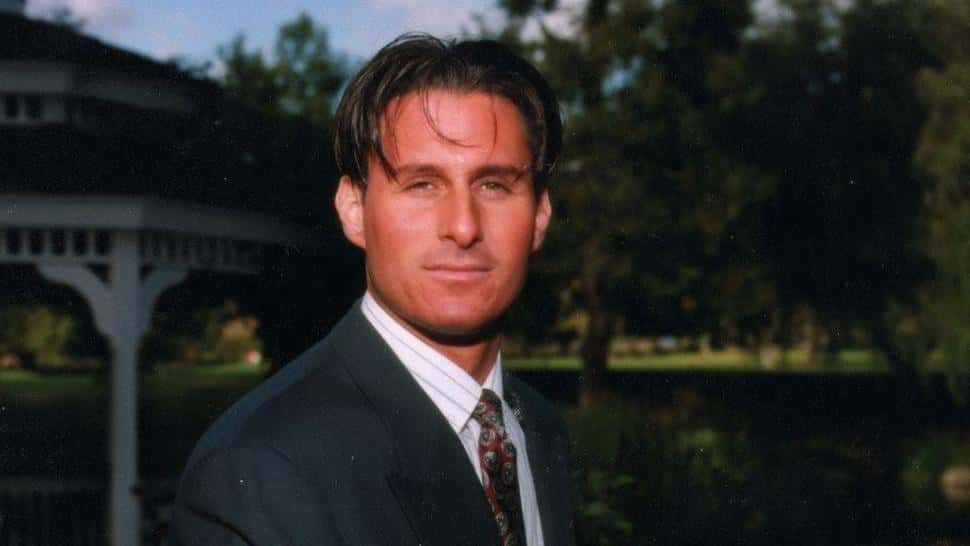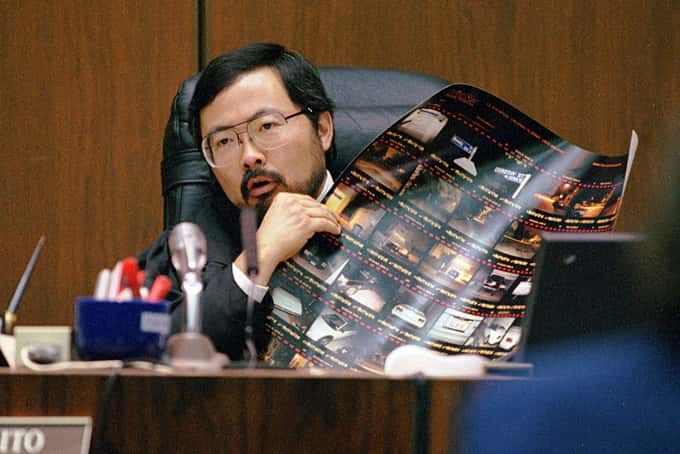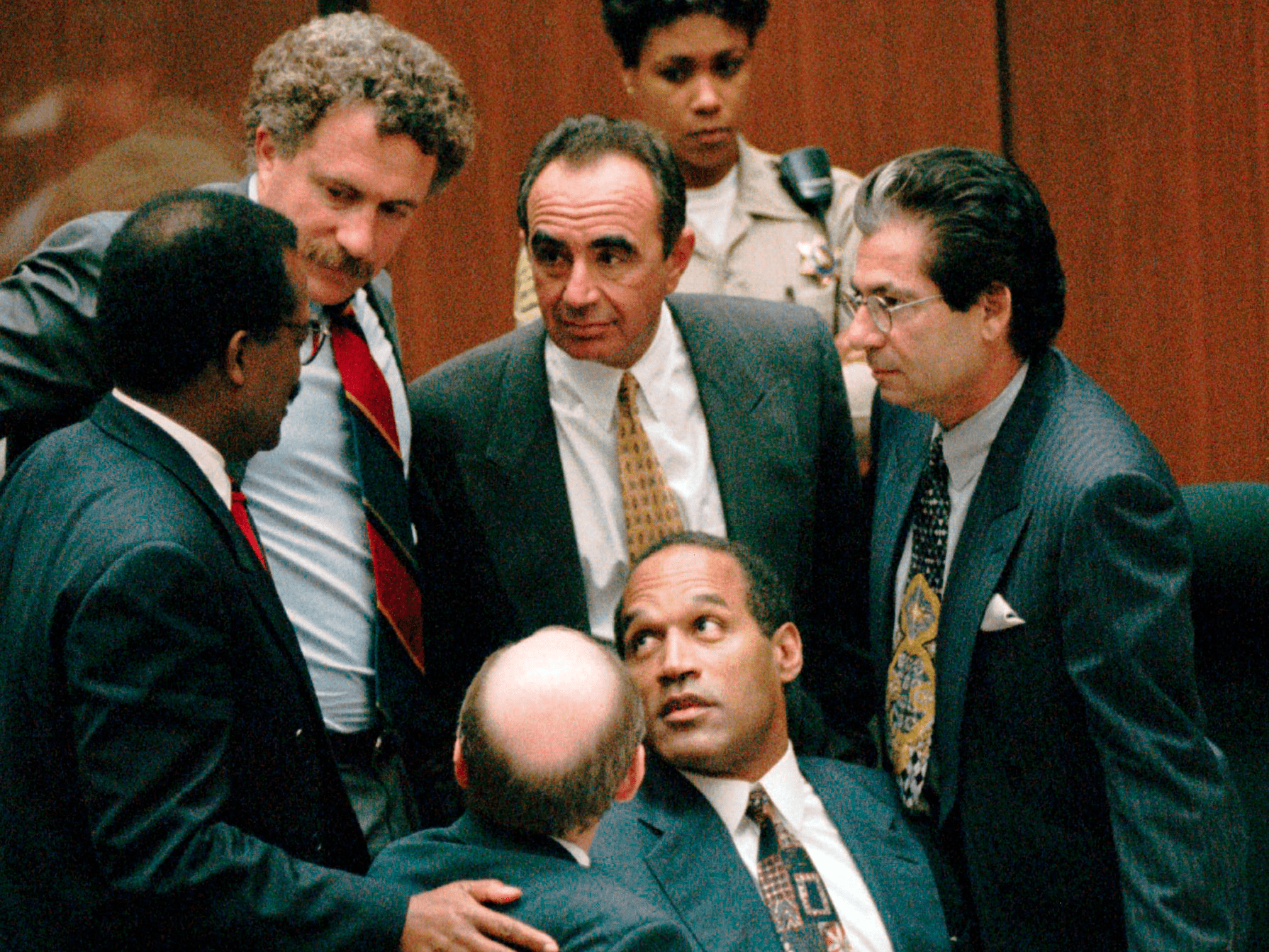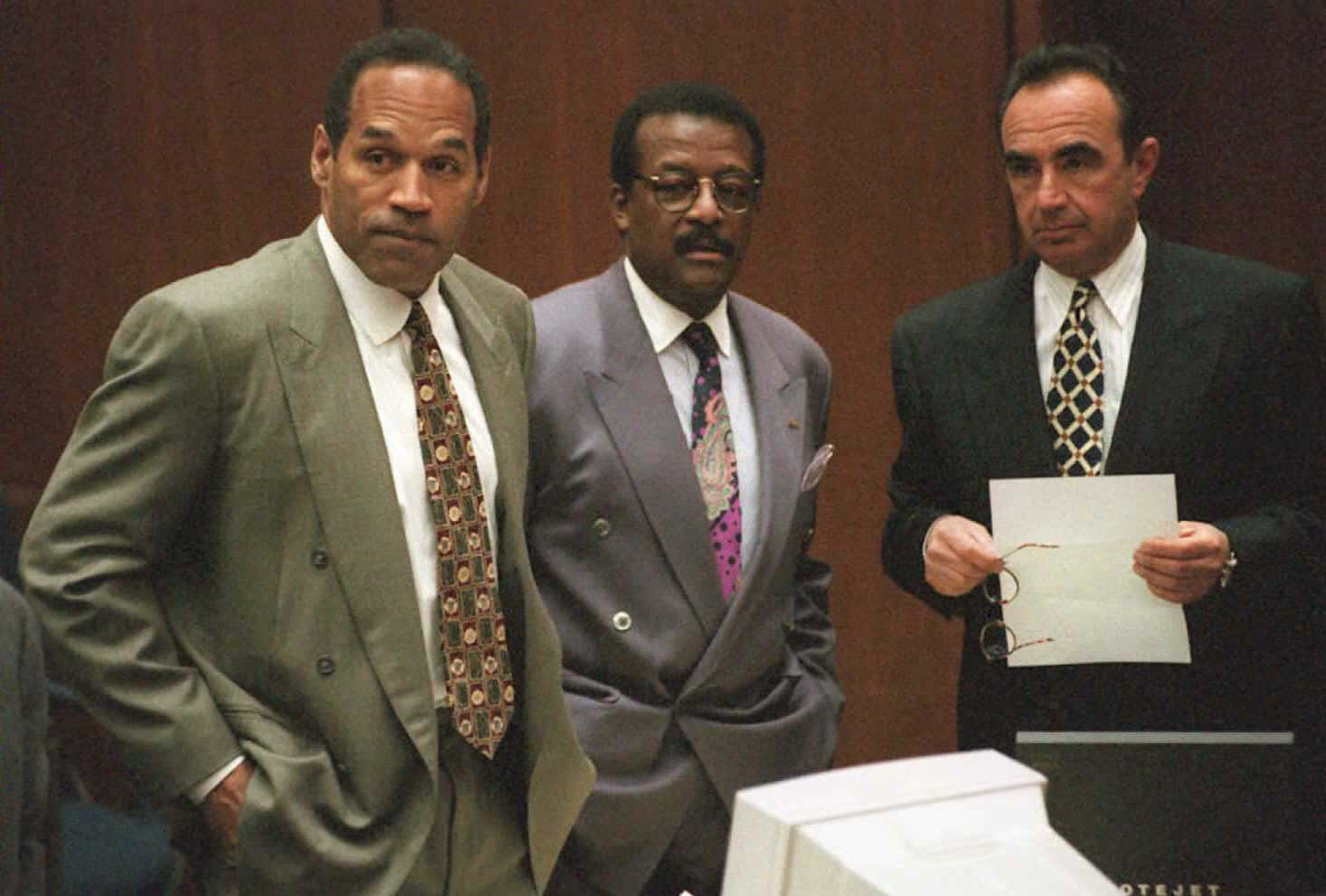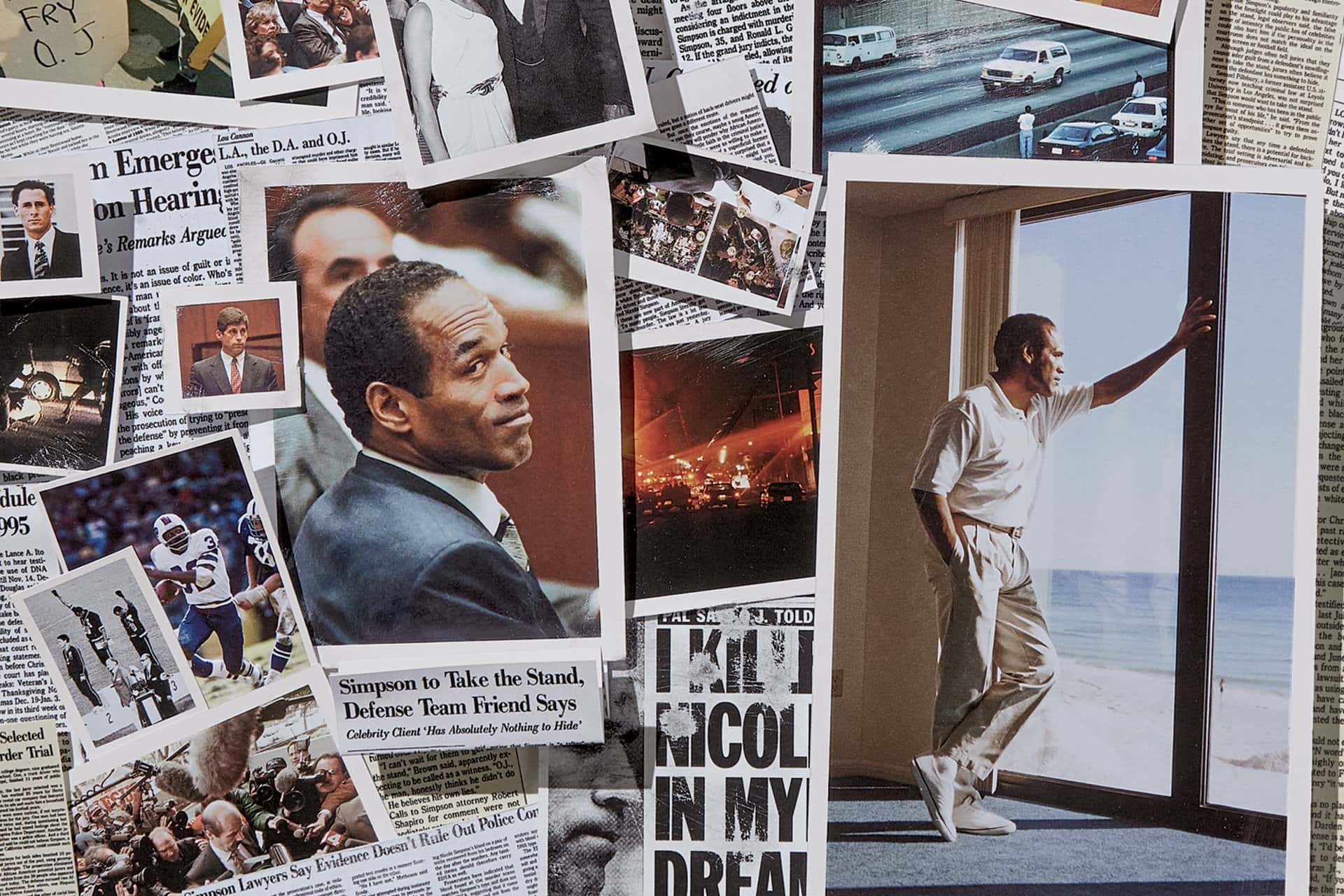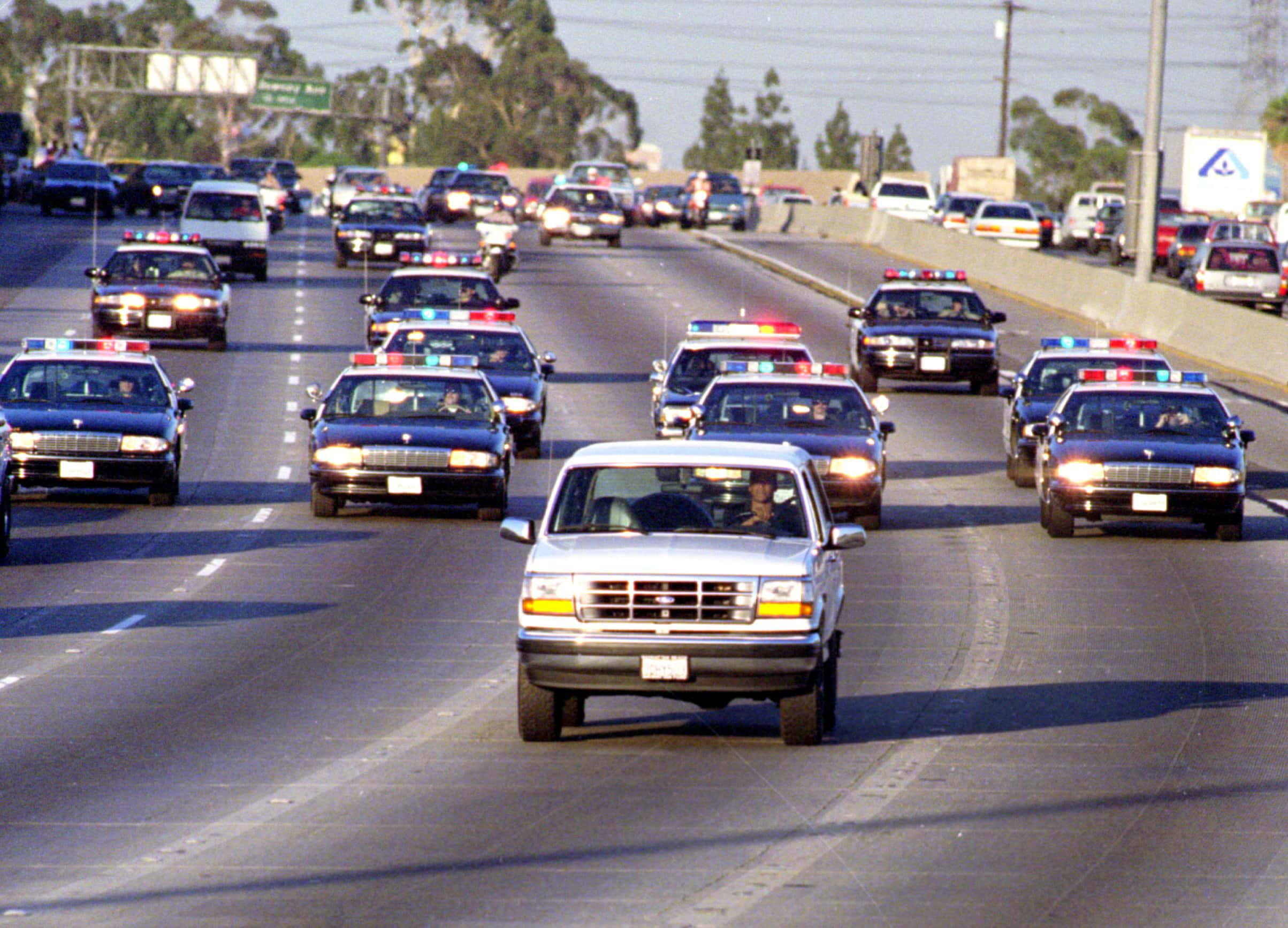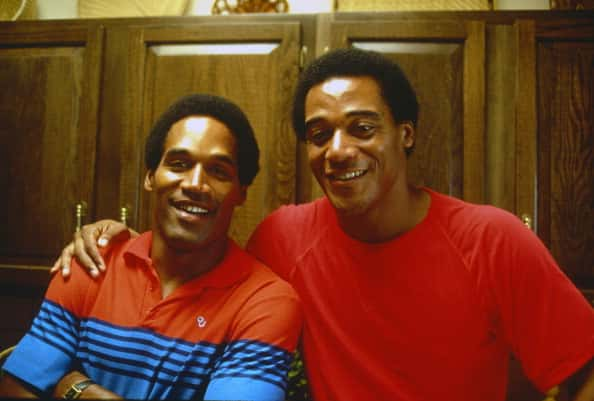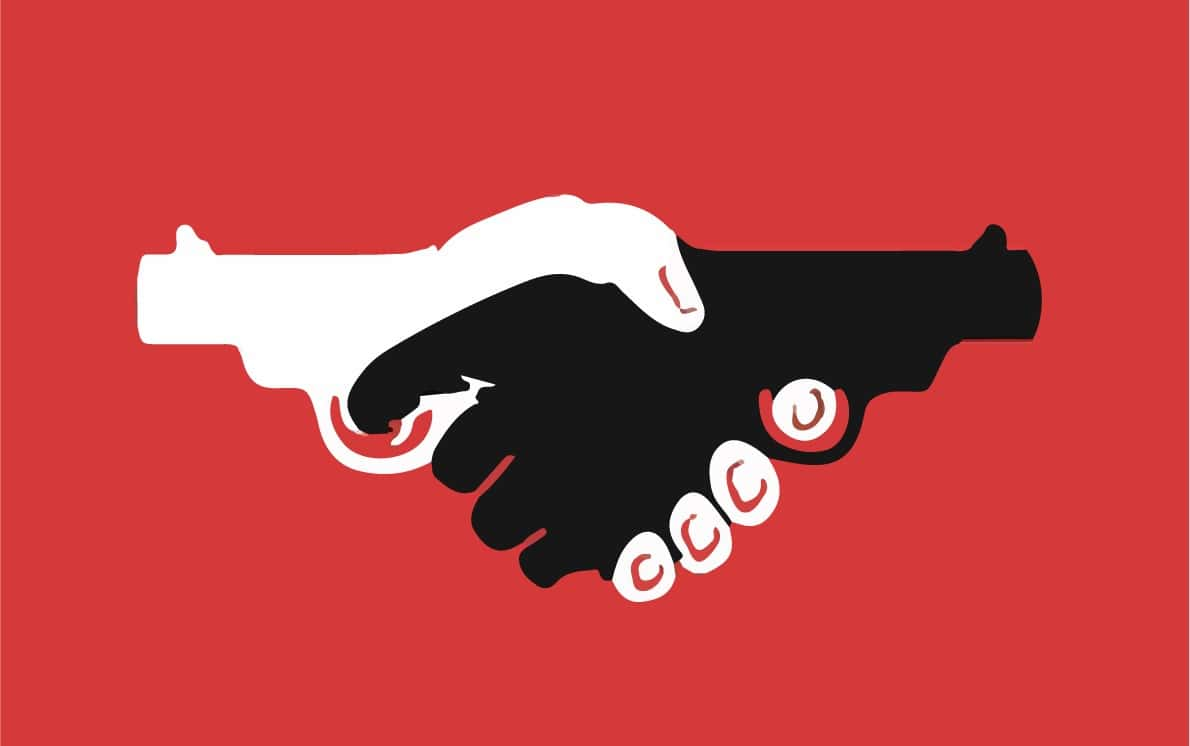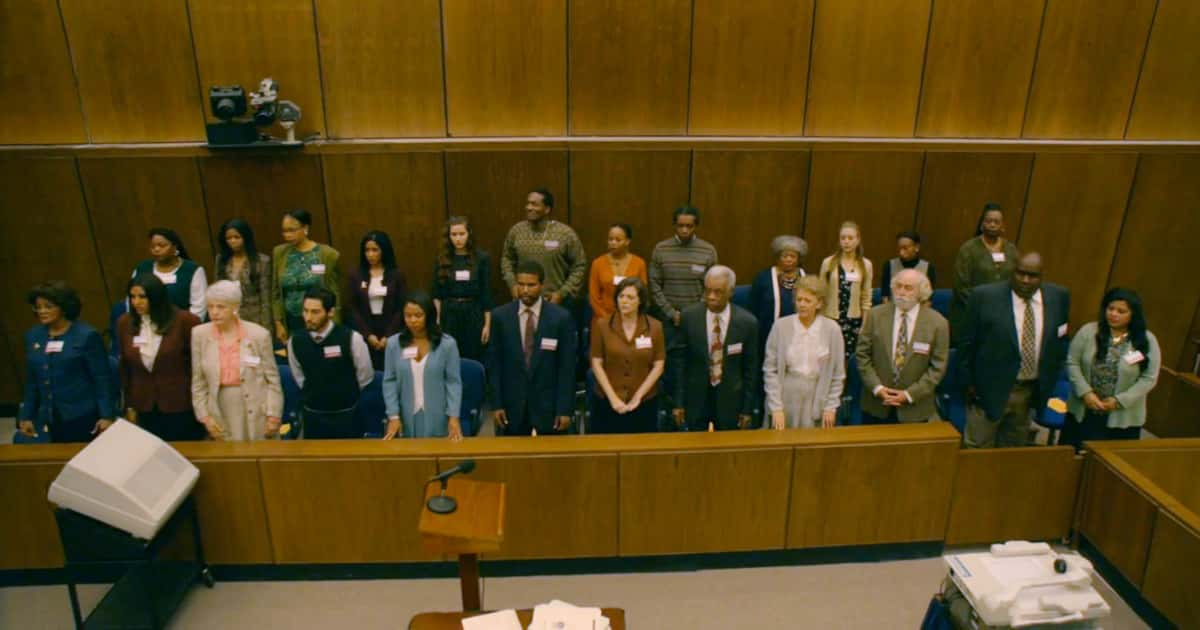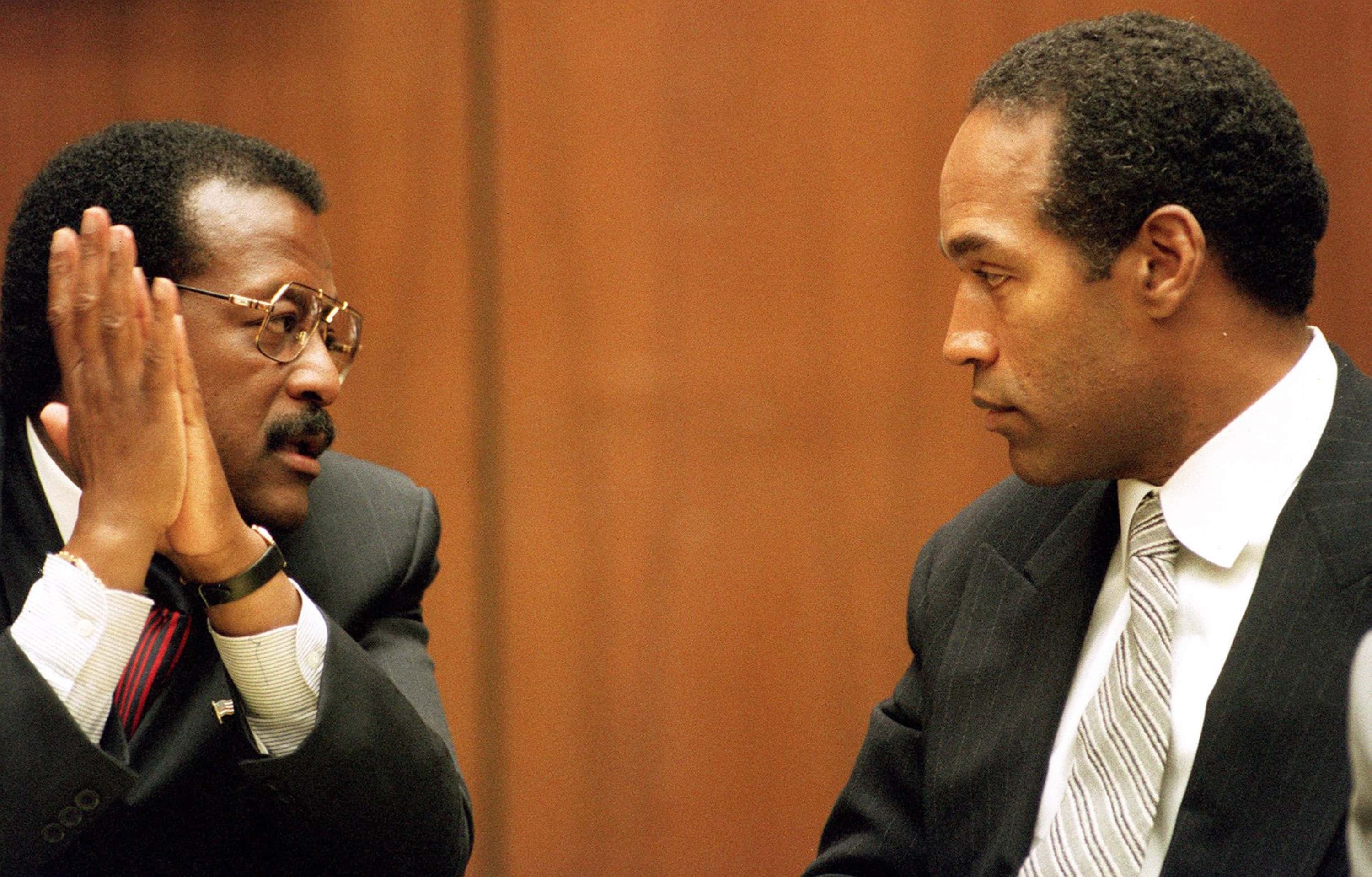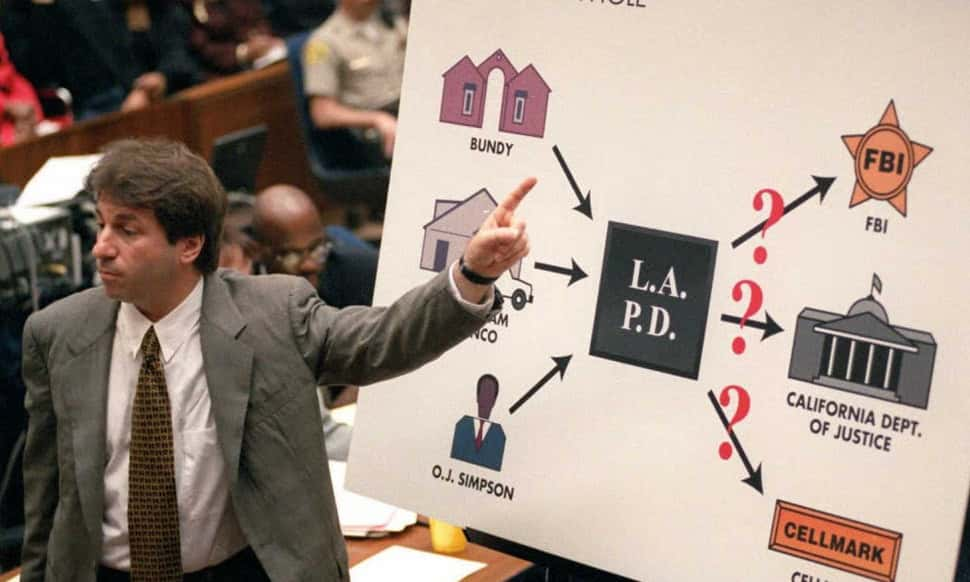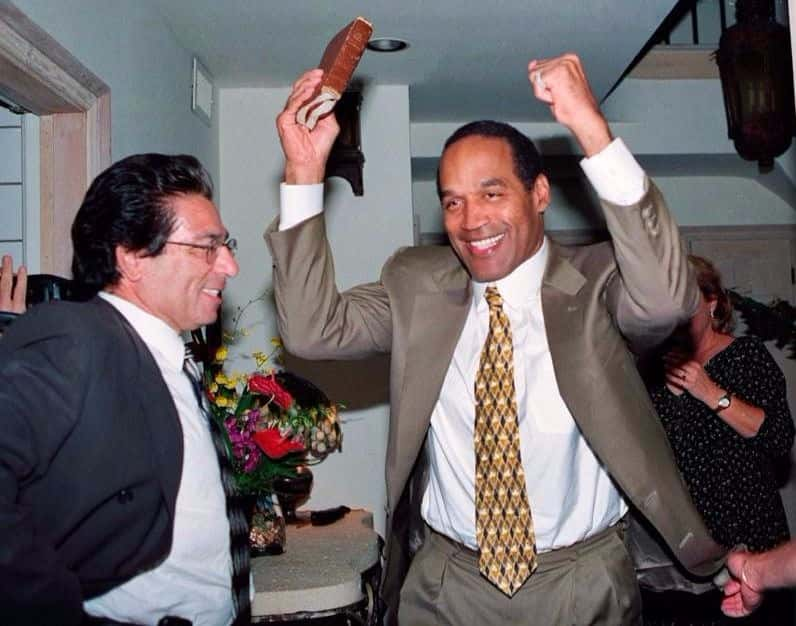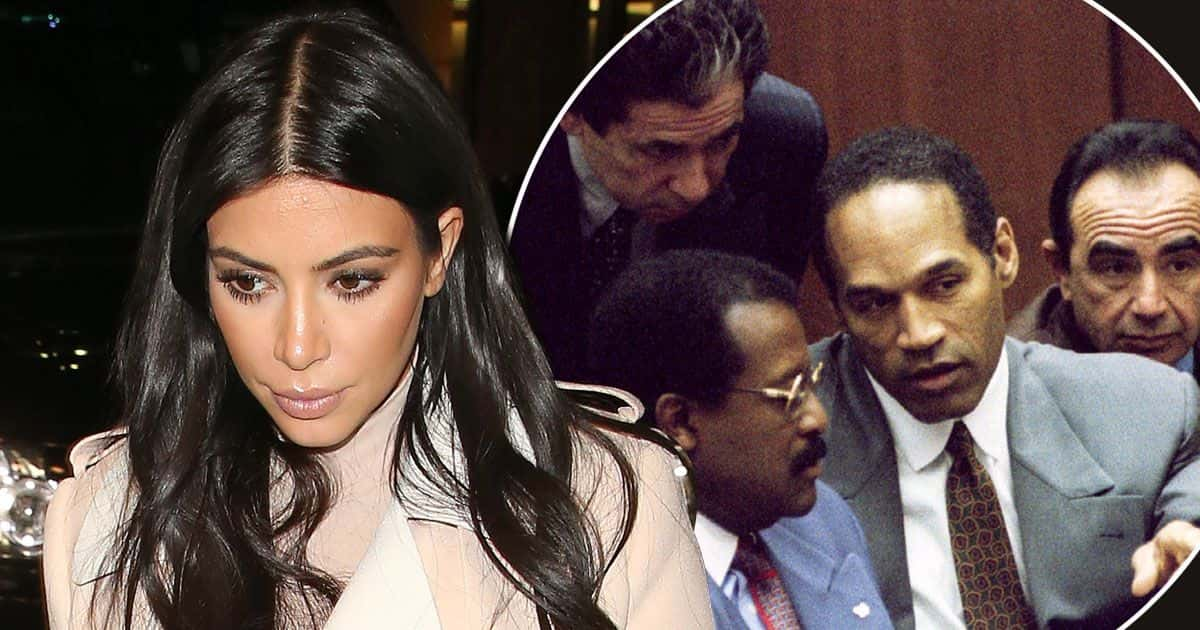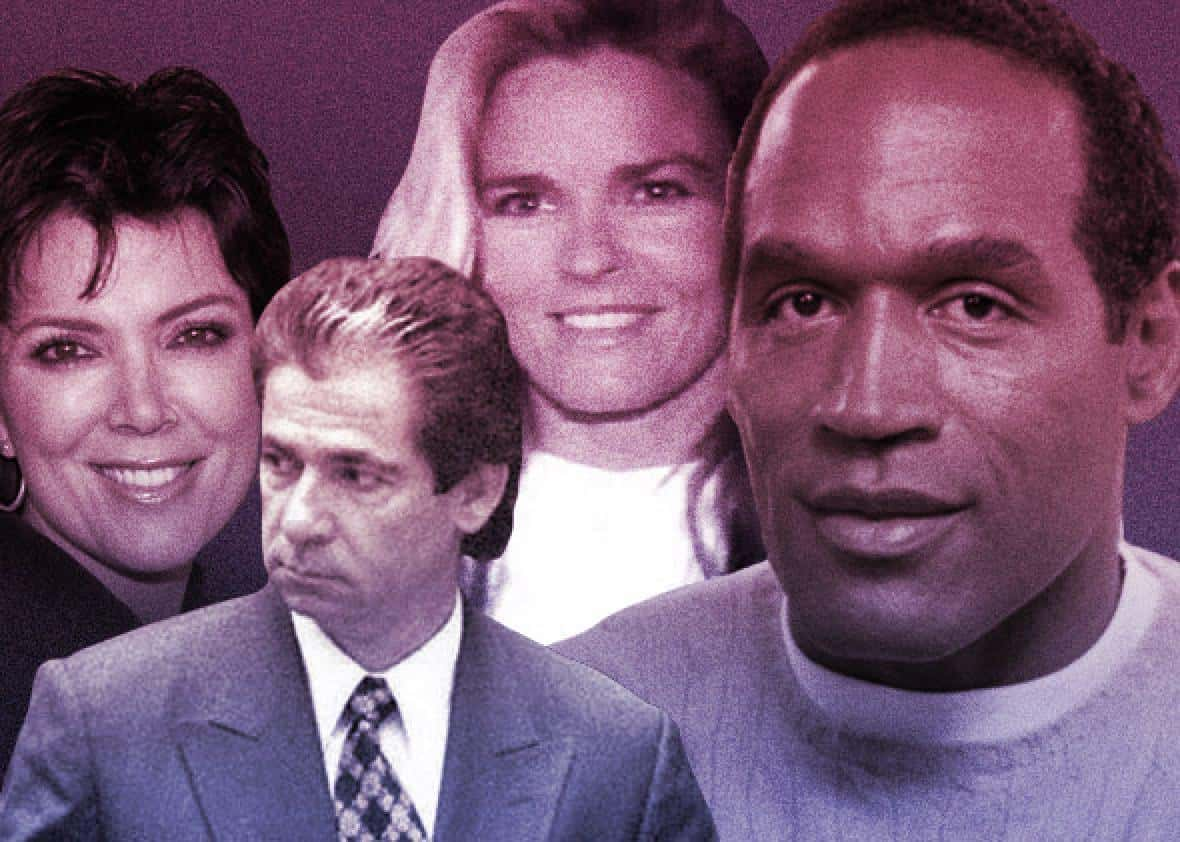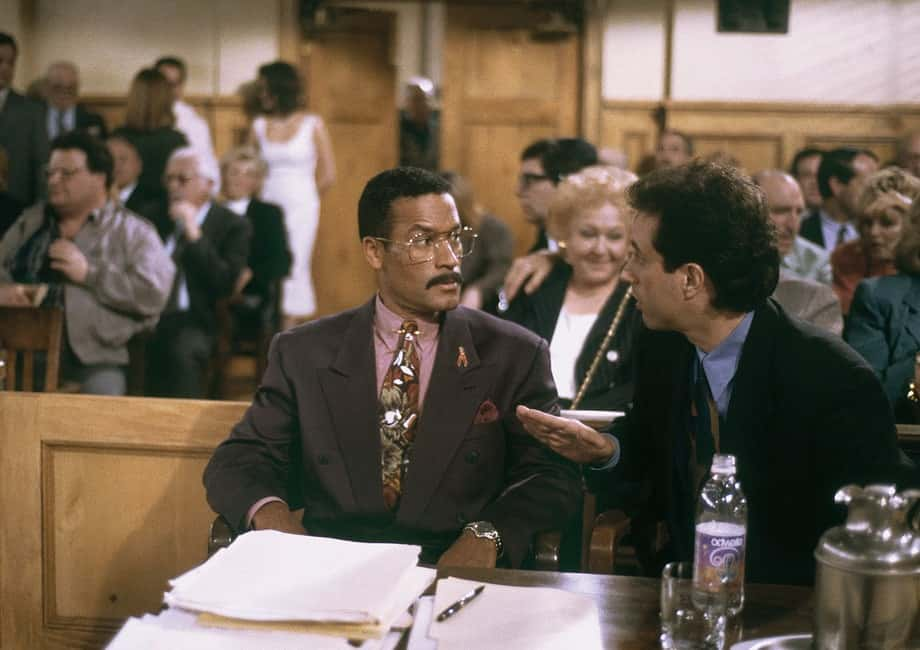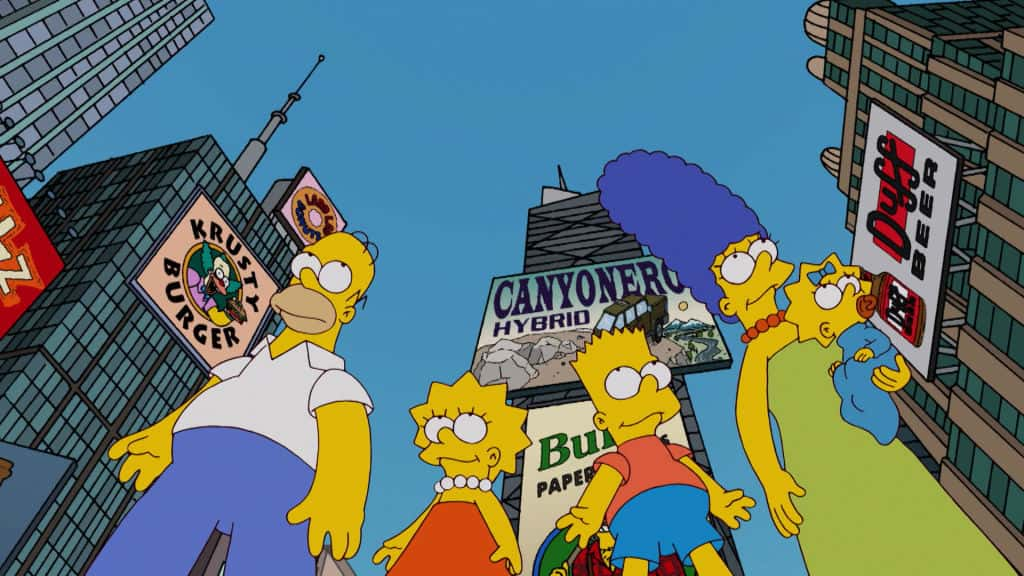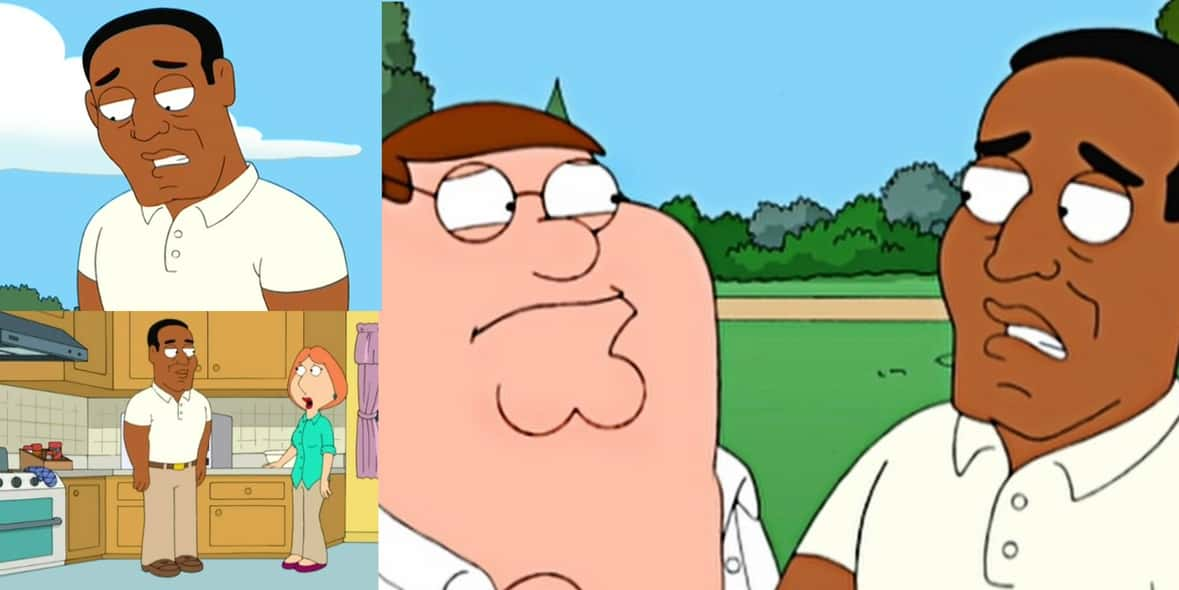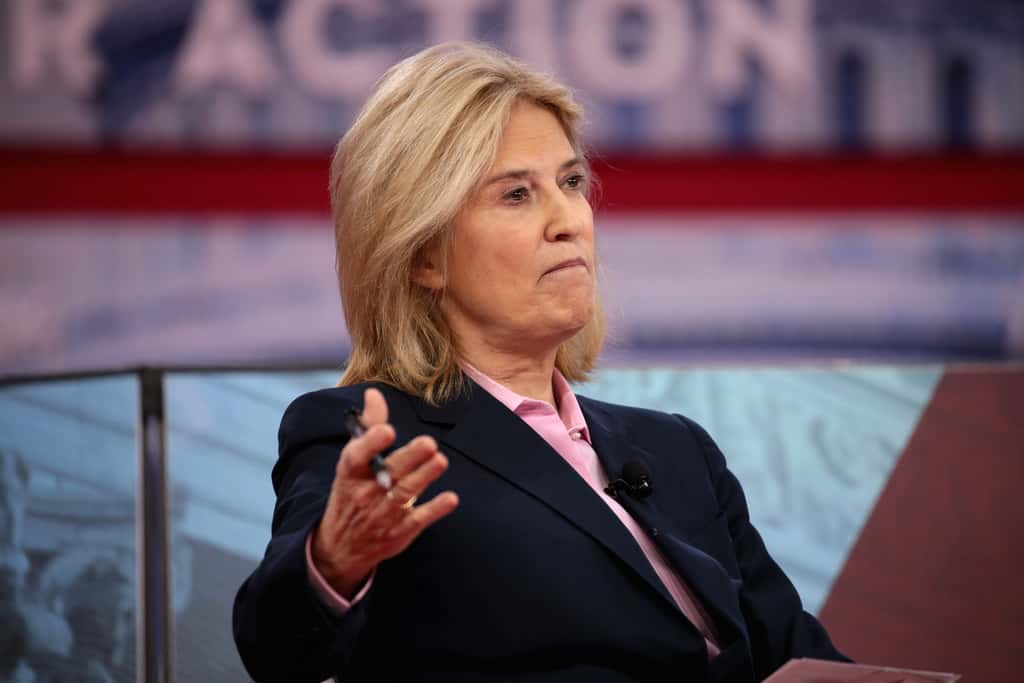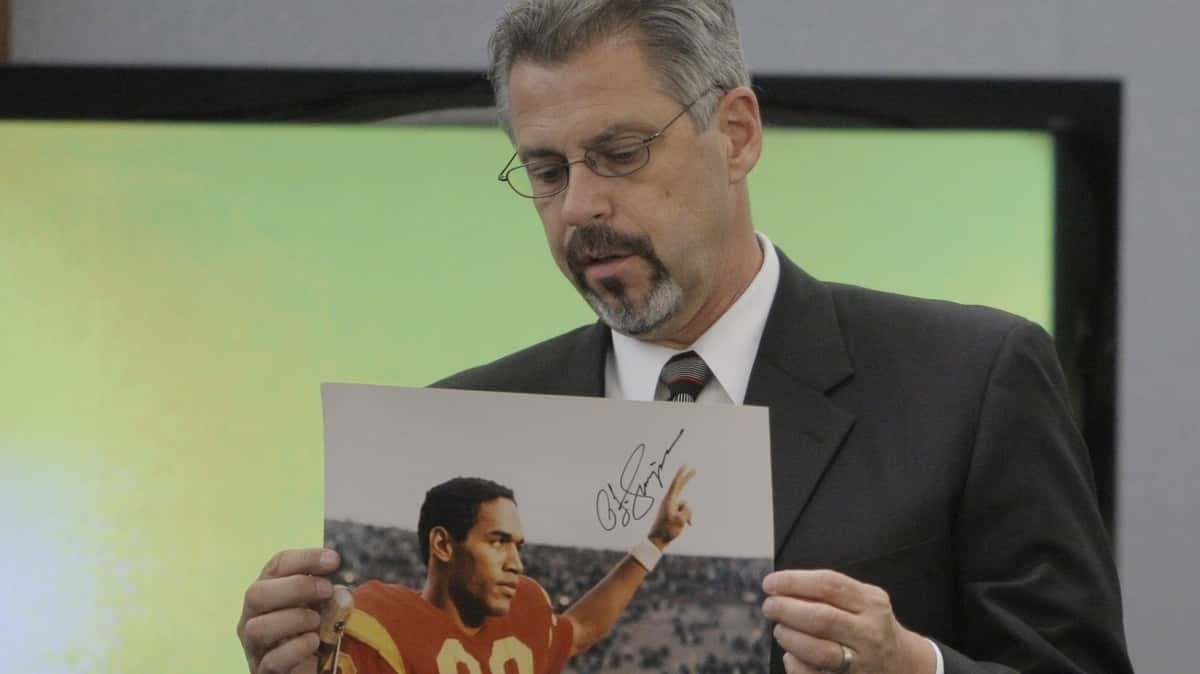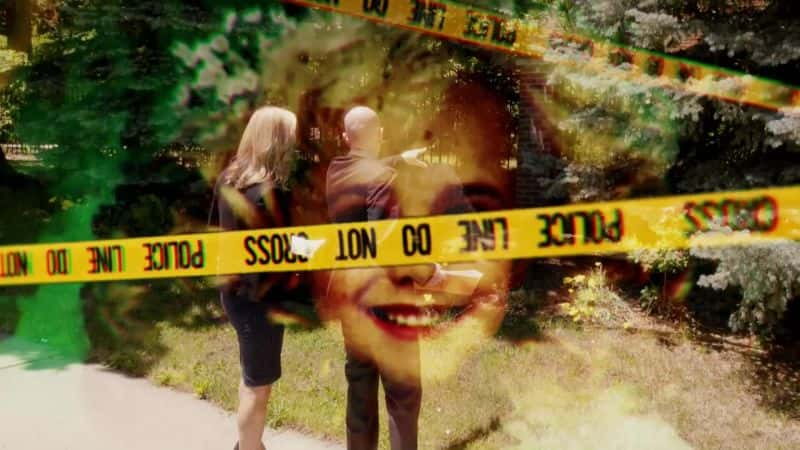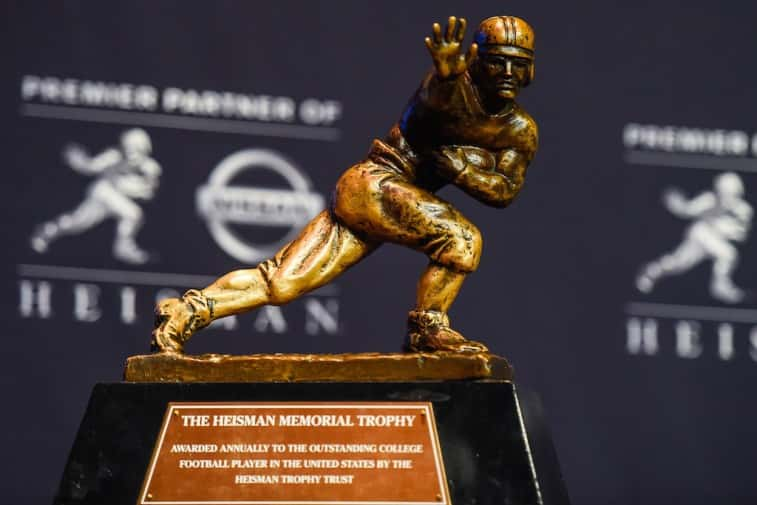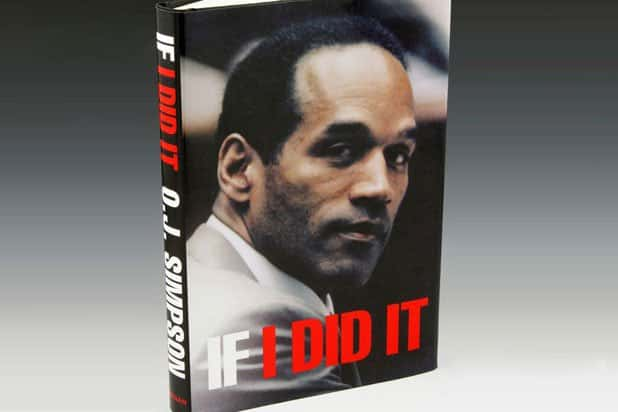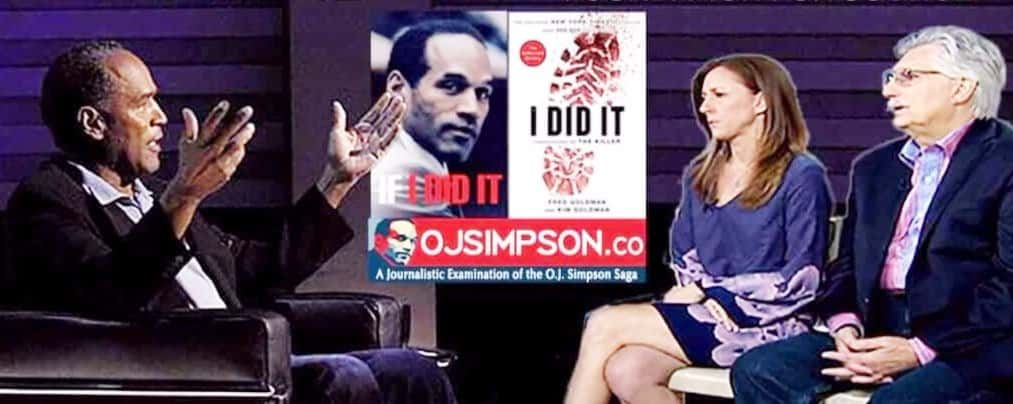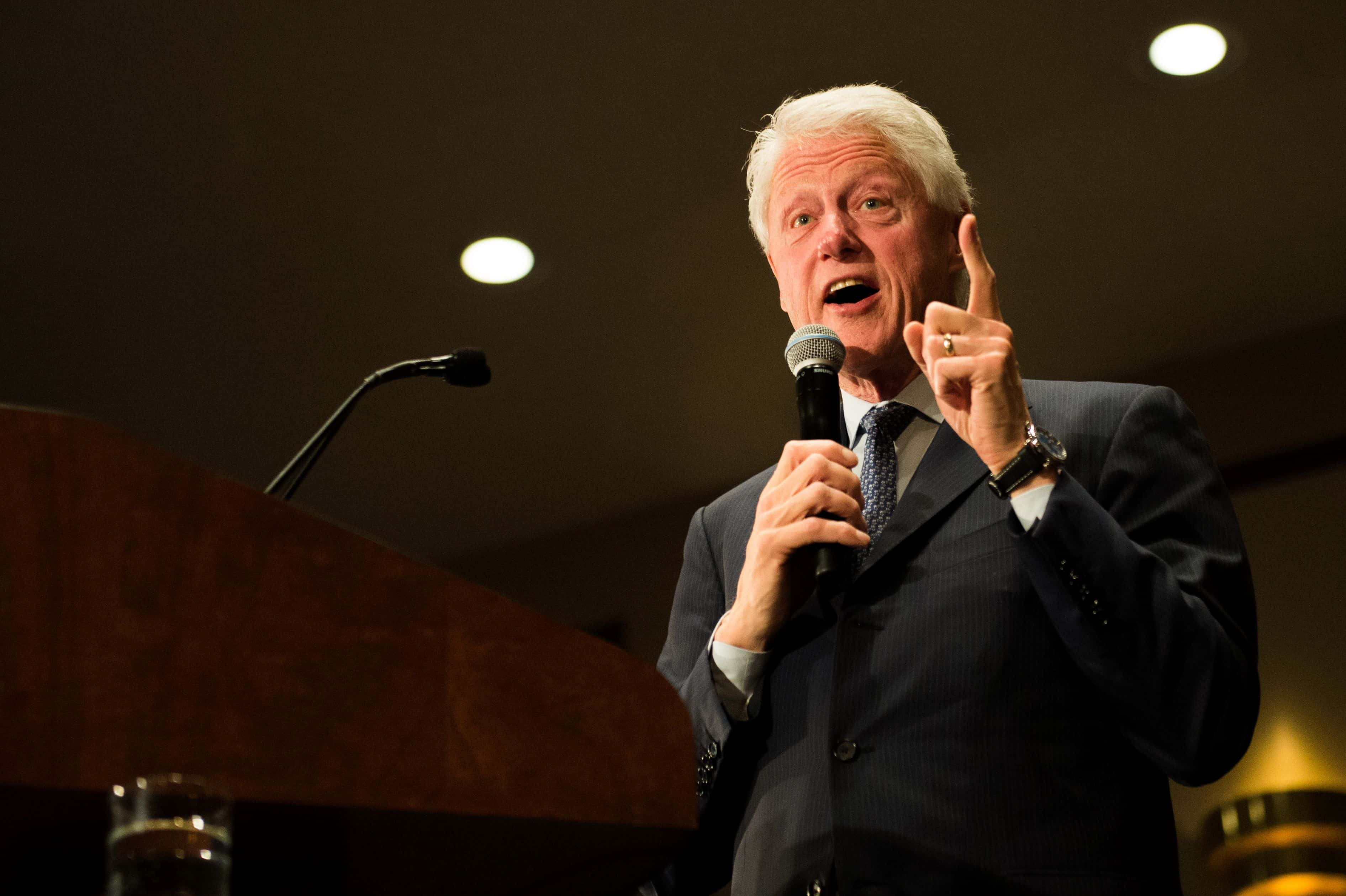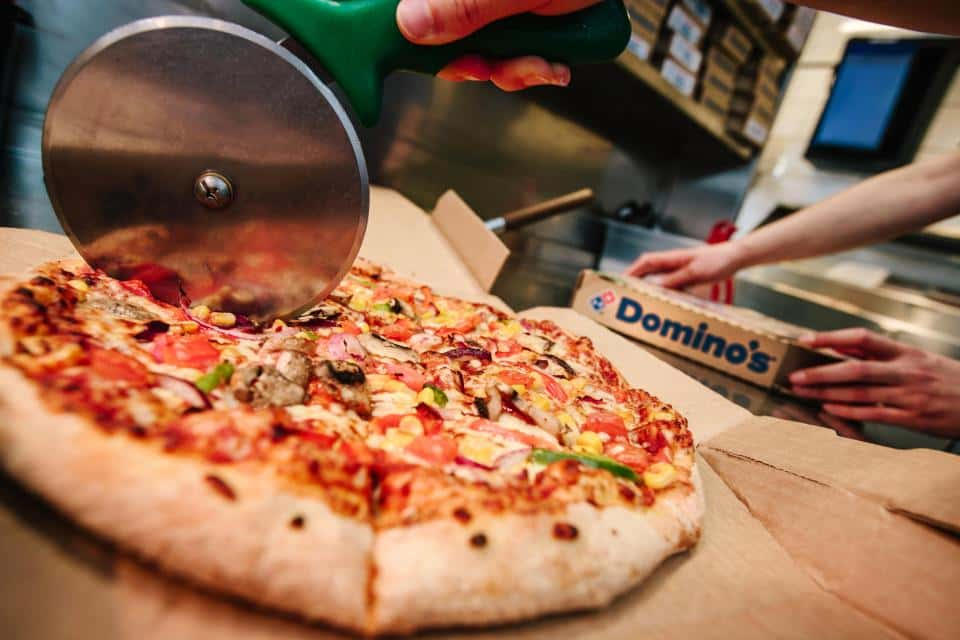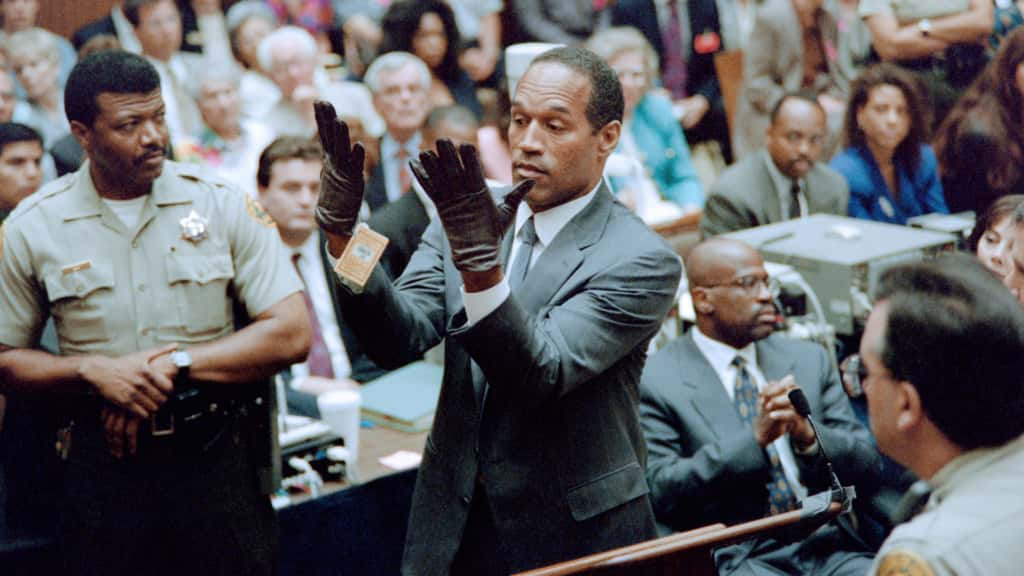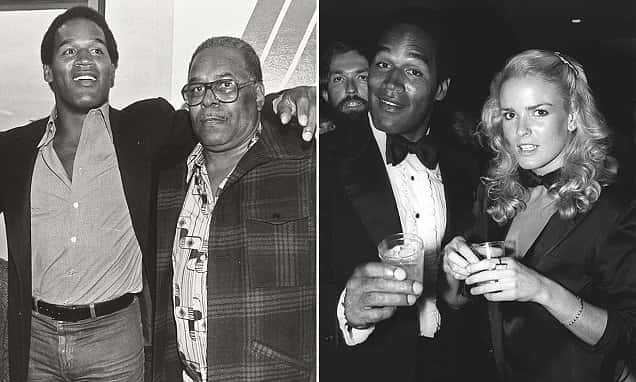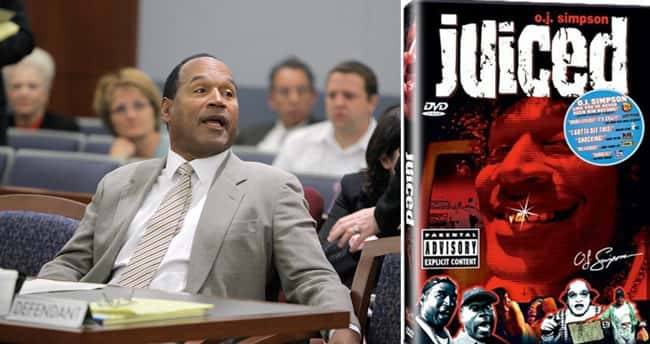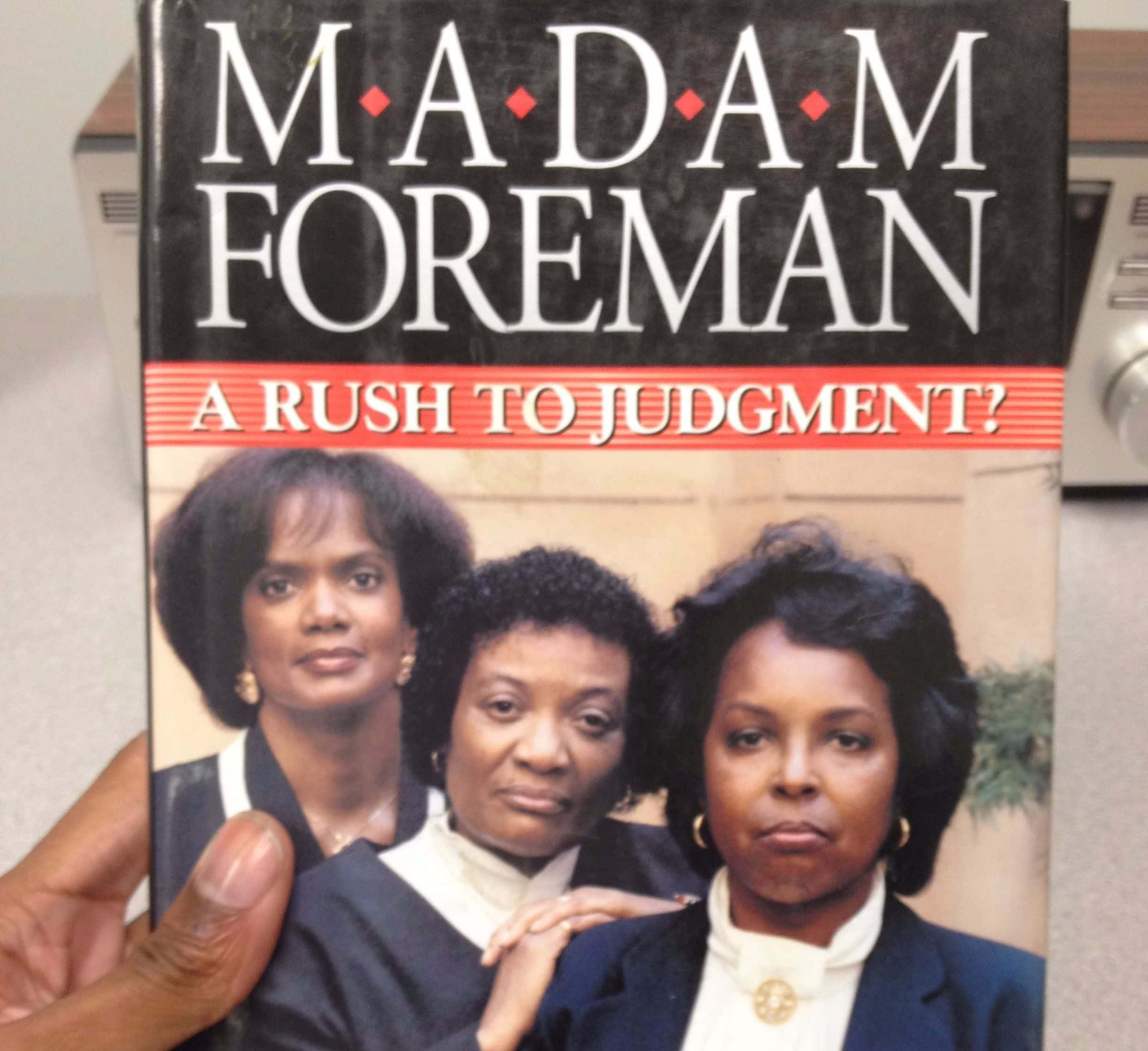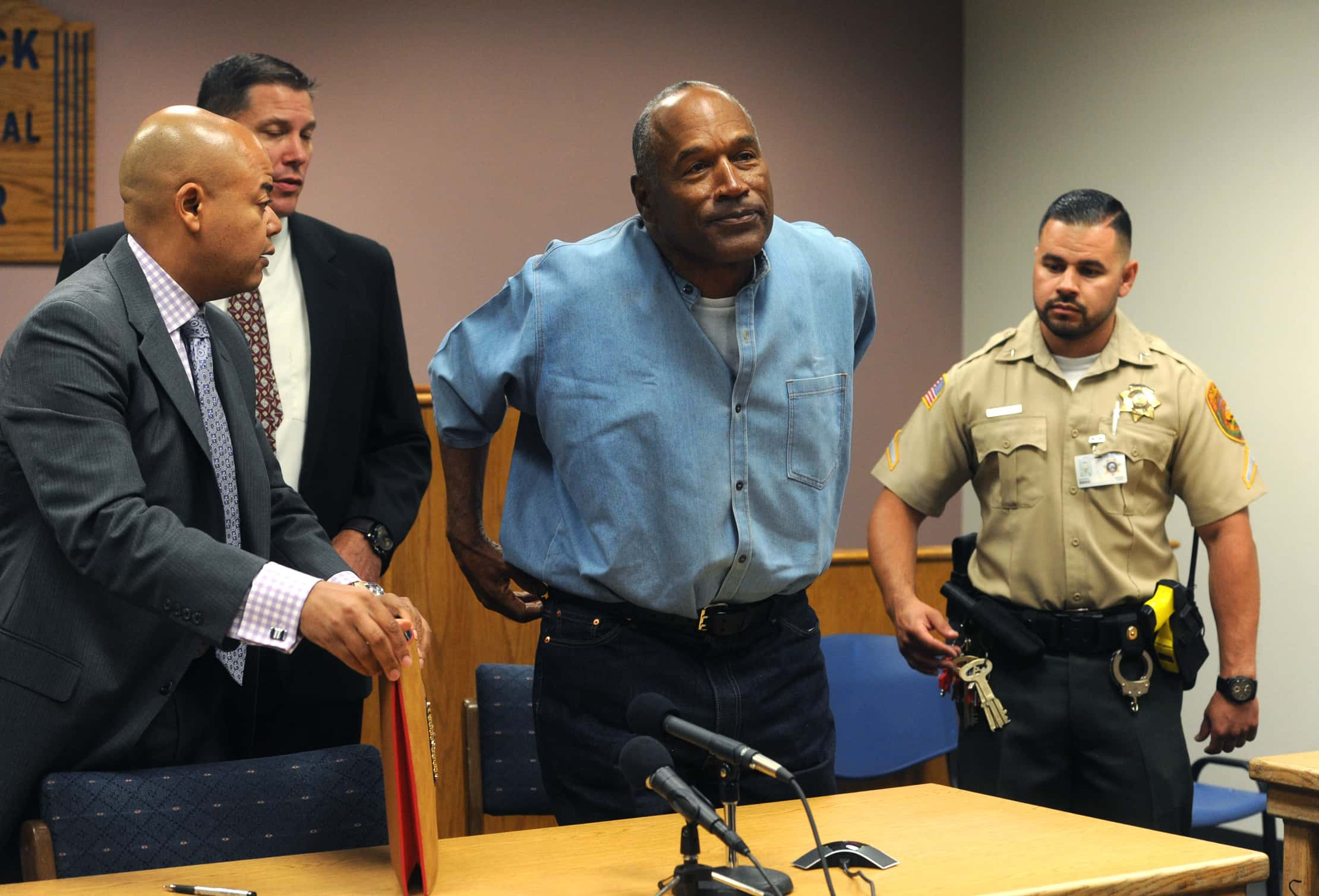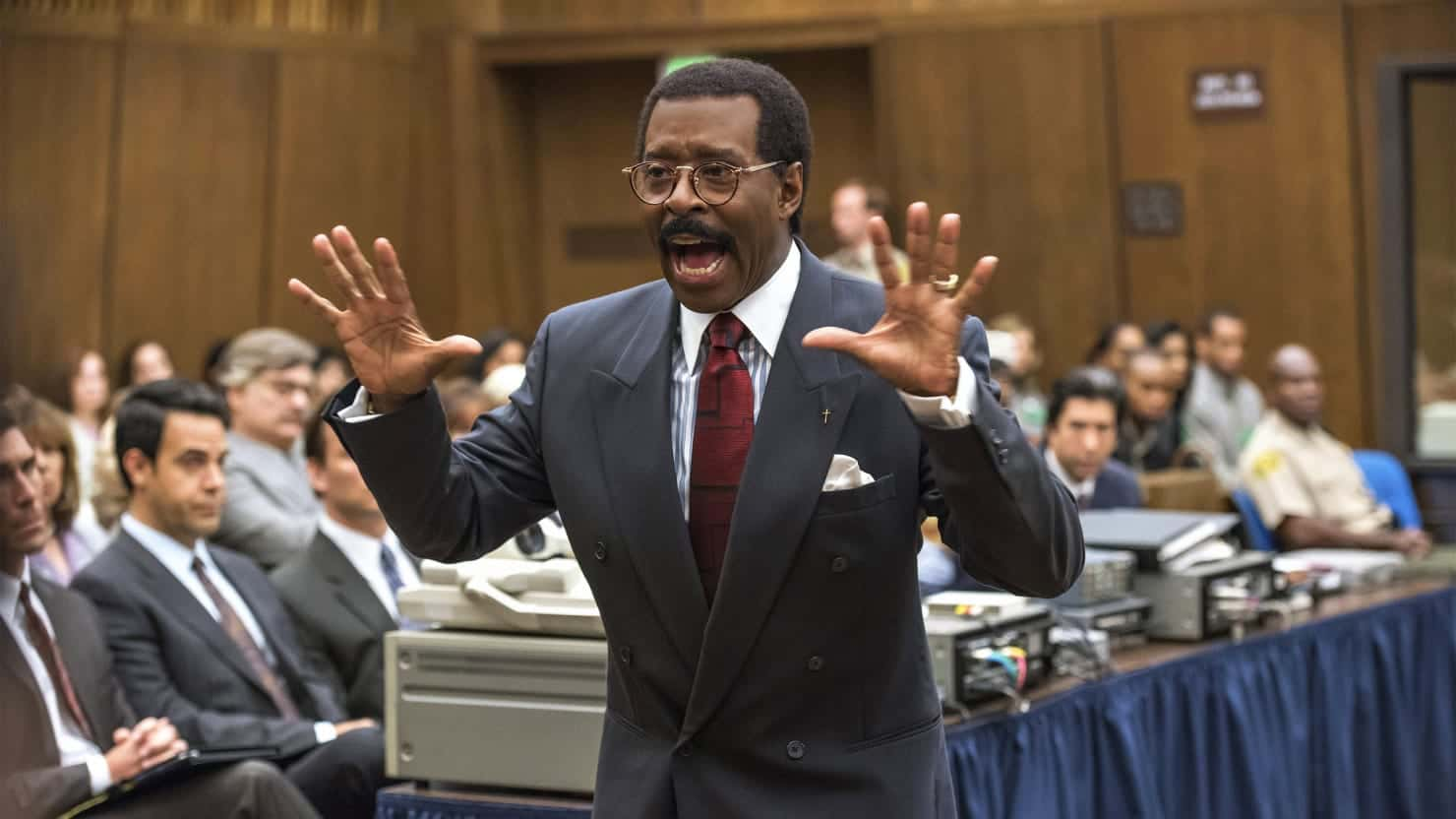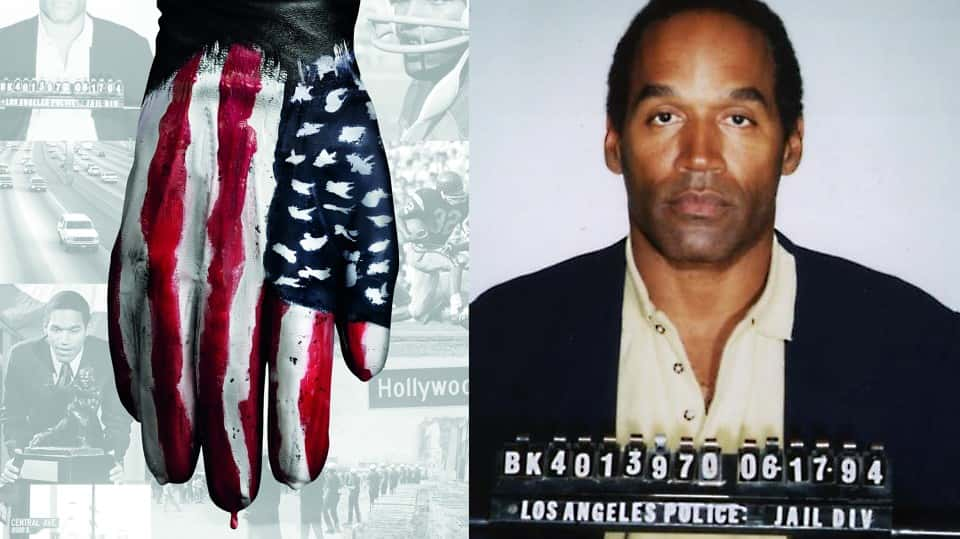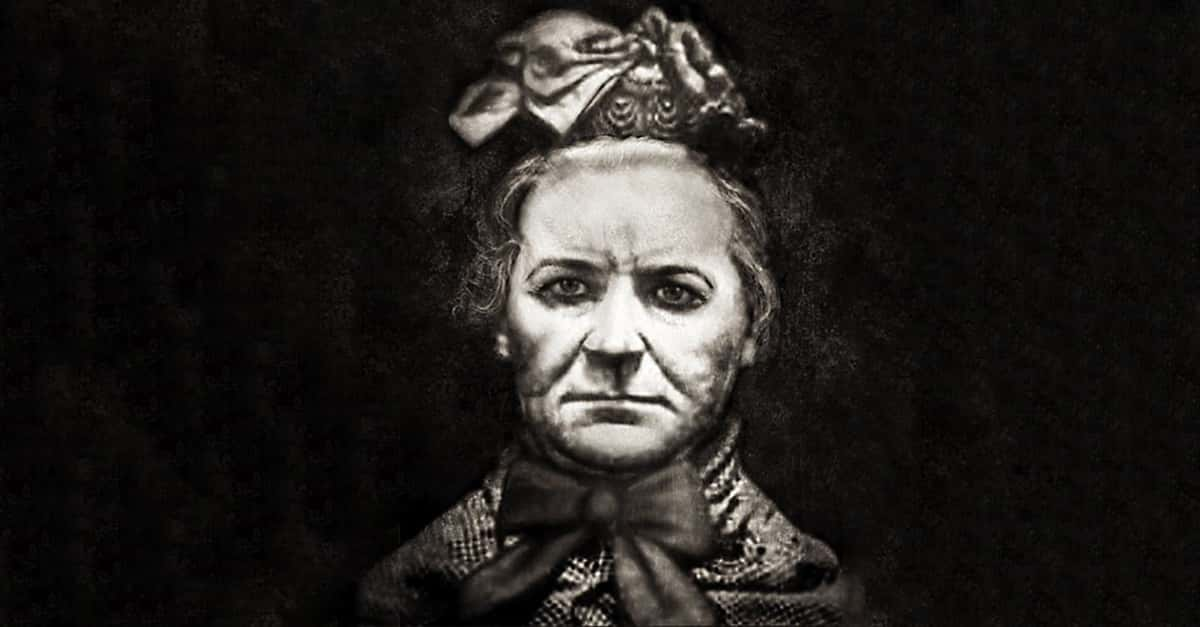The “trial of the century” is how it's commonly known. The O.J. Simpson trial was one of the most publicized legal cases in American history, and one of the defining cultural memories of the 1990s. The entire world watched as the football star turned accused killer went from hero to zero, from the car chase all the way up to the controversial verdict. Here are 44 trying facts about the O.J. Simpson trial.
44. Football Star
Before the controversy began, O.J. Simpson spent 11 years in the NFL as a star running back and was even inducted into the Pro Football Hall of Fame in 1985.
43. Drama Before the Drama
Simpson wasn't just famous as a football player—he had also begun a career as a movie star after retiring from the sport. He appeared in a whole bunch of films, most notably in the Naked Gun trilogy.
42. Who, What, Where, When
The two people Simpson was accused of killing were his ex-wife, 35-year-old Nicole Brown Simpson, and her friend, 25-year-old waiter Ronald Goldman.
41. How It Started
Nicole Brown moved as a child to California from Germany with her family. She first met Simpson at her place of work, and the two of them pursued a relationship after Simpson's previous marriage ended. It was rumored that their relationship was rocky and that Brown had tried to file for divorce in the past. In 1989, Simpson pled no contest to a charge of spousal abuse. They divorced in 1992.
40. The Friend
In addition to Mrs. Simpson, the other victim was a man by the name of Ron Goldman, who was a restaurant waiter and friend of Nicole Brown's. Most reports by people who knew them insist that their relationship was nothing more than as friends, despite some speculation otherwise being out there.
39. Humble Beginnings
The presiding judge over the trial, Lance Ito, was of Japanese descent and his parents had been placed in internment camps during World War 2, just a few years before Lance was born. Who could have foreseen that just fifty short years later, their son would be the authority over such a monumental historical moment?
38. The Dream Team
The legal team working on behalf of Simpson's defense was dubbed the “Dream Team,” due to the number of high-profile and well-reputed lawyers that were assembled together on his behalf. The squad of nine included names like Robert Shapiro, F. Lee Bailey, Johnnie Cochran, Alan Dershowitz, and Robert Kardashian. And yes, that's Kardashian as in Kim, Khloe, and Kourtney.
37. Leadership Change
Although Johnnie Cochran is best remembered as the face of Simpson's legal team, he was actually not the original lead chair. He took over the position from Robert Shapiro partway through the trial process. While the two lawyers played it cool during the trial, in interviews afterwards Shapiro had harsh words, saying that he would never work with Cochran again, and criticized the way that race was used, saying that “Not only did we play the race card, we dealt it from the bottom of the deck.” In response, Cochran said that Shapiro “had conveniently forgotten that he was the one who first shuffled the deck.”
36. New Era
The Simpson saga is believed to have been a turning point in the history of American media. By captivating the public with around the clock coverage of the famous car chase and the subsequent trial, the case paved the way for 24/7 news stations like CNN to become more popular.

History's most fascinating stories and darkest secrets, delivered to your inbox daily.
35. The Bronco
The famous car chase witnessed by the world took place on June 17, 1994, and saw Simpson cruising down the freeway followed by police and helicopters in a now infamous White Ford Bronco vehicle. Although referred to as a "chase," the extremely memorable moment actually happened at a very low speed.
34. Turn on the A.C.
The man driving the White Ford Bronco during the infamous chase turned out to be Al Cowlings, a longtime friend, and teammate of Simpson's from his days with the Buffalo Bills.
33. Racial Divide
Another issue that affected the trial was race relations. Surveys reported that much of public opinion over the Simpson trial was divided along racial lines, and this point of disagreement helped fuel a cultural divide over race-related issues which arose during the proceedings. The trial also happened in the wake of the Rodney King case and the 1992 Los Angeles riots, which were just two of the reasons for a rise in racial tensions in Southern California in the early ‘90s. All of these factors and more seemed to have played a part in affection the atmosphere around the trial as well as the tone of the media coverage.
32. Jury Selection
Selecting appropriate jurors for the case was a complicated, drawn-out process, due to disagreements over things like racial and gender proportions—let alone finding people with no previous knowledge or bias about the case.
31. Cochran
One of the individuals most associated with the Simpson trial is Johnnie Cochran, one of Simpson's main lawyers. Among what he is remembered for is his argument that Simpson was being framed due to his race—a defense intended to create a reasonable doubt in the minds of the jurors.
30. Before the CSI Effect
Another reason this trial was so influential was the role of DNA evidence in the prosecution's case against Simpson. The DNA evidence used against Simpson was a new concept to not just those following the trial through the media, but most importantly, to the jurors. It was long before the topic was as covered heavily in both the media and in courtroom dramas as it would eventually be, and the average person on the street would not typically have an understanding of the science behind it. The jury’s comprehension of the science of DNA evidence, or lack thereof, most likely played a role in how they weighed it in their deliberations.
29. A Dramatic Reaction
After Simpson did not turn himself into the police when he was supposed to, he gave a note to his friend and lawyer Robert Kardashian, which he read to the media. The tone and content of the note led man to believe that Simpson had intended to commit suicide. In the note, Simpson urges people to remember him as “the real O.J. and not this lost person.” After it was read aloud, his mother Eunice collapsed.
28. A Dynasty is Born
As noted earlier, the Simpson trial was probably the first time that many Americans heard a name that some would grow to be all too sick of: Kardashian. That's right, as weird as it sounds, we might never have gotten the popular reality TV dynasty had it not been for O.J. Simpson's friendship with Robert Kardashian, which led to him asking the lawyer to join his legal dream team. Of course, in footage from O.J. Simpson: Made in America, Simpson is shown shortly before his infamous Las Vegas robbery watching his goddaughter Kim Kardashian promote Keeping Up With the Kardashians, and saying “That show ain’t gonna last two weeks.”
27. A Beautiful Legacy
So just how close was the Kardashian family to the Simpsons? Kardashian and his ex-wife Kris divorced in 1991, the same year that Kris married Bruce Jenner (now Caitlyn) and took his last name. Kris was close friends with Nicole Brown Simpson, and when her daughter Kendall was born in 1995, she gave her the middle name “Nicole.” Kendall has referred to Brown Simpson as her mother’s best friend.
26. Fool Me Once…
Although Simpson was acquitted in the infamous and epic criminal case against him, there was also a follow-up civil lawsuit, where he was not so fortunate. In that case, he was found liable for the deaths and was required to pay the families of the victims over $30 million in damages.
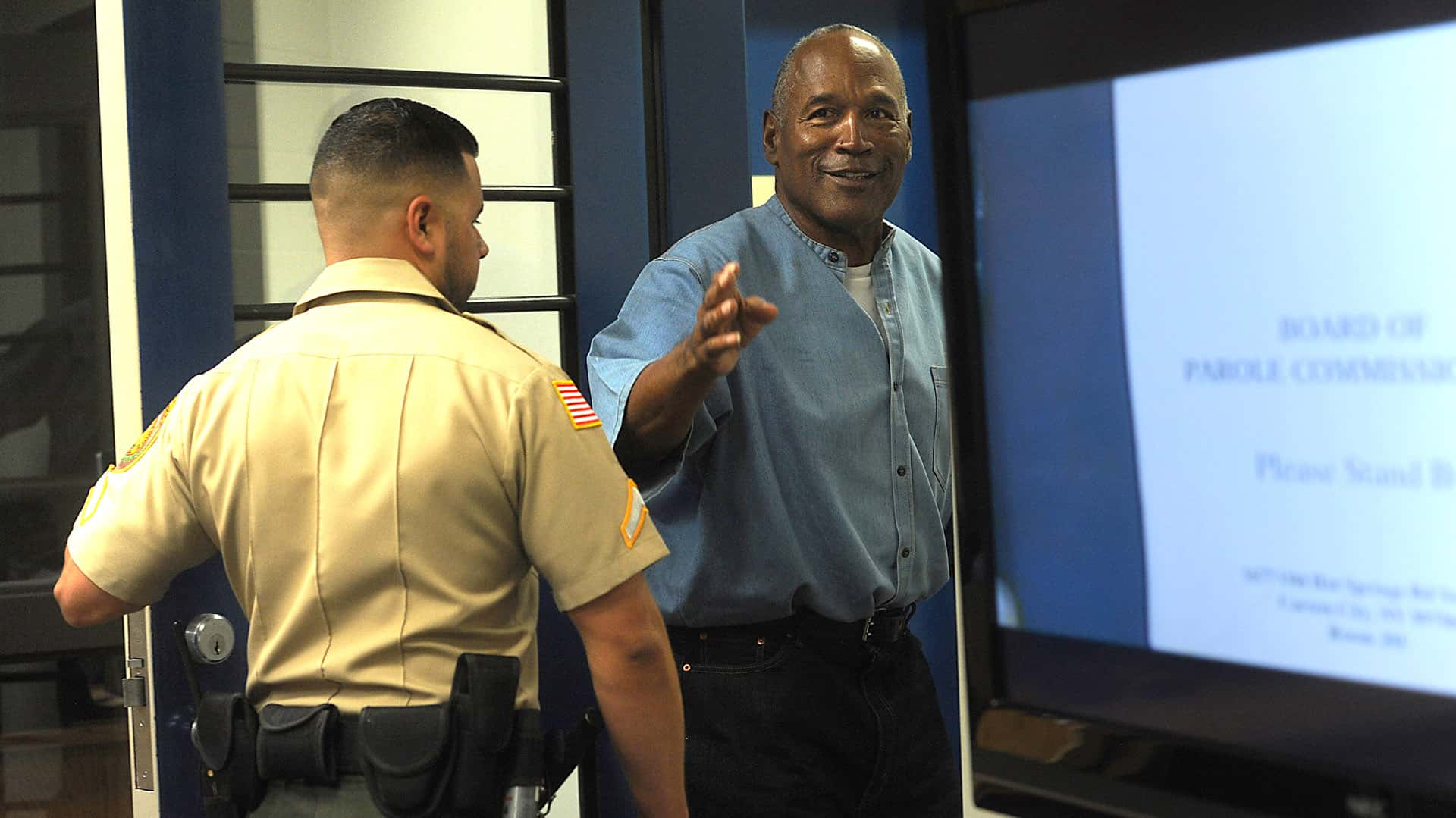 Copade
Copade
25. “It's lewd, lascivious, salacious, outrageous.”
It's only natural that the most popular legal case of the ‘90s made for entertaining subject matter on the most popular TV show of the 90s, Seinfeld. Although aspects of the trial and case were referenced on more than one occasion, the best-known example is the character of Jackie Chiles, Kramer's lawyer on the show, who is based directly on Johnnie Cochran.
24. The Other Simpsons
Apart from his near-constant presence in late night monologues in the ‘90s, Simpson also managed to get referenced on another popular show, about a family which shares his last name, The Simpsons. In the episode, “The Simpsons 138th Episode Spectacular”, a comment is made about how in order to acquit Homer of an accused crime, one would have to ignore all the “Simpson DNA” evidence—an obvious hint at the famous trial which had just concluded prior to this episode airing.
23. The Parodies Continue
In addition to these contemporary allusions to the trial, the incident still finds its way into many pop culture references and parodies. A 2009 Family Guy episode titled “The Juice is Loose” focused completely on the topic of O.J. Simpson, even though it had been more than a decade since the actual proceedings had ended.
22. The Dersh
One of the lawyers on Simpson's “Dream Team” was the popular Harvard law professor and constitutional scholar, Alan Dershowitz. “The Dersh” is now better known as a political commentator, writing and speaking extensively about topics such as the Middle East conflict and law-related issues.
21. Prime Time Star
Another name to add to the long list of people who gained exposure and became well-known during the course of the Simpson trial is Greta Van Susteren, who was an on-air legal analyst for CNN during the trial, and went on to host several news shows of her own across several stations.
20. Unlucky 13
More than a decade after the trial ended, O.J. Simpson suddenly found himself in trouble again when he was arrested and ultimately imprisoned for stealing trophies and memorabilia from a sports memorabilia dealer in Las Vegas, which he claimed were rightfully his. The verdict came almost 13 years to the day of his original murder case acquittal. He was sentenced to 33 years in prison but was given parole and released on October 1, 2017. Nevertheless, many have commented on how a 33-year sentence didn’t necessarily fit the crime, including one of the victims, Bruce Fromong, who said “It wasn’t about justice. They wanted the guy who got away with murder in 1994.”
19. Whodunit
Simpson was found not guilty in the murder case but in the more than 20 years since the trial, no other suspect has been convicted as the real murderer. So if the verdict was right, who really did do it? Like other high-profile cases from the ‘90s—the murder of JonBenet Ramsey comes to mind—it seems unlikely that we’ll ever really know exactly what happened.
18. Rolling in the Money
Although Simpson was ordered to pay over 30 million dollars in damages to families of the murder victims, most of the money still has not been received and with interest factored in, he now owes close to a total of 60 million.
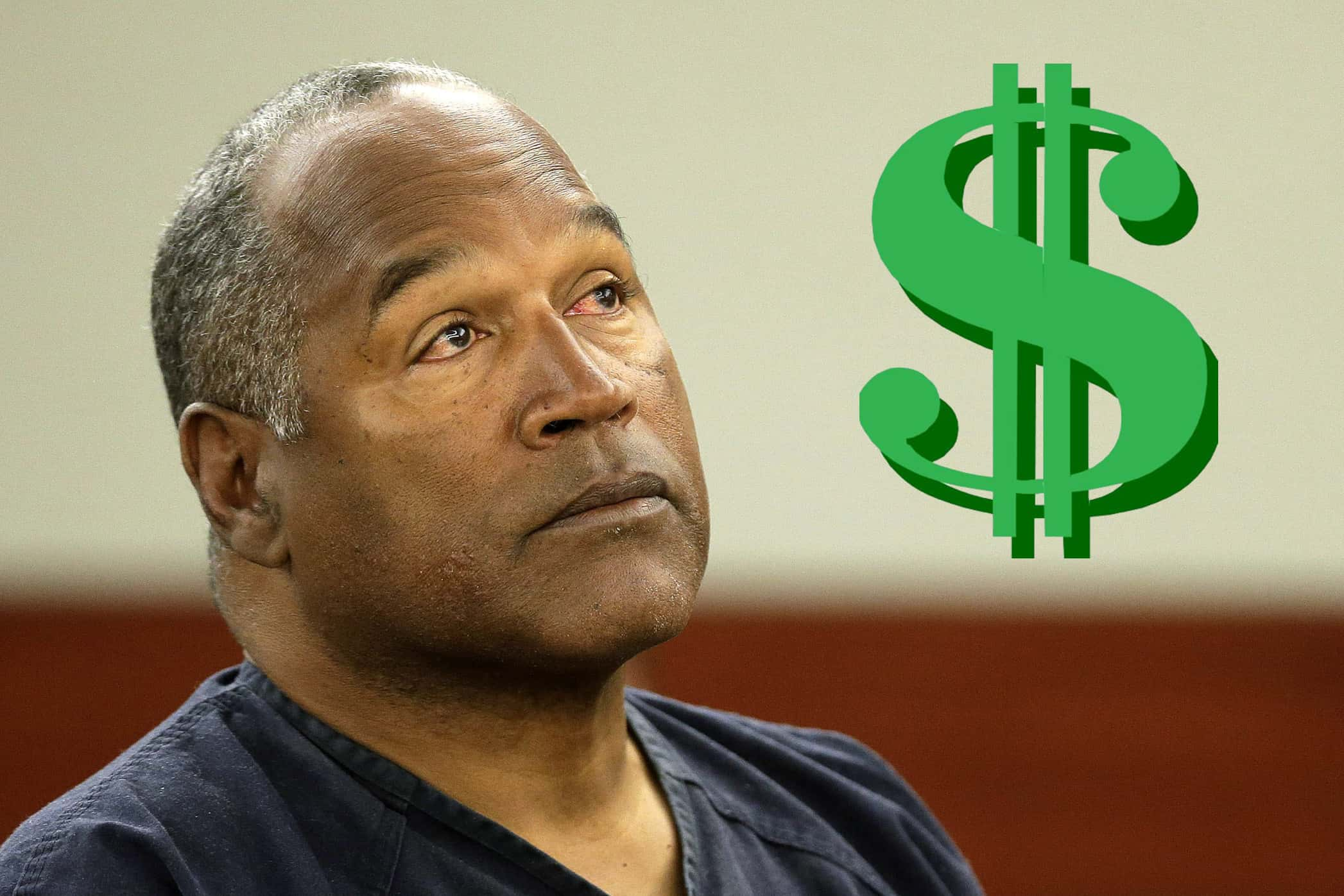
17. Behind the Scenes
While everyone was watching the epic car chase, the police had managed to get in touch with Simpson on his cellphone and the recording and transcript of the call have since been released. The call consisted of Detective Tom Lange trying to talk Simpson out of potentially hurting himself.
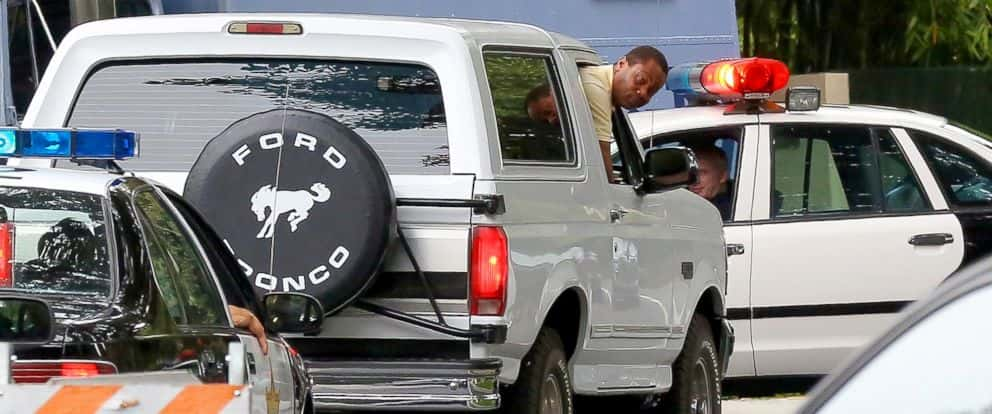
Cuba Gooding Jr. in "American Crime Story: The People Vs. O.J. Simpson"
16. Prodigy
Simpson was a star football prospect even during his college career, where he played for USC and received the 1968 Heisman trophy.
15. A Long Career
In addition to the nine years he played for the Buffalo Bills, Simpson also spent two years with the San Francisco 49ers—for a total eleven seasons in the NFL.
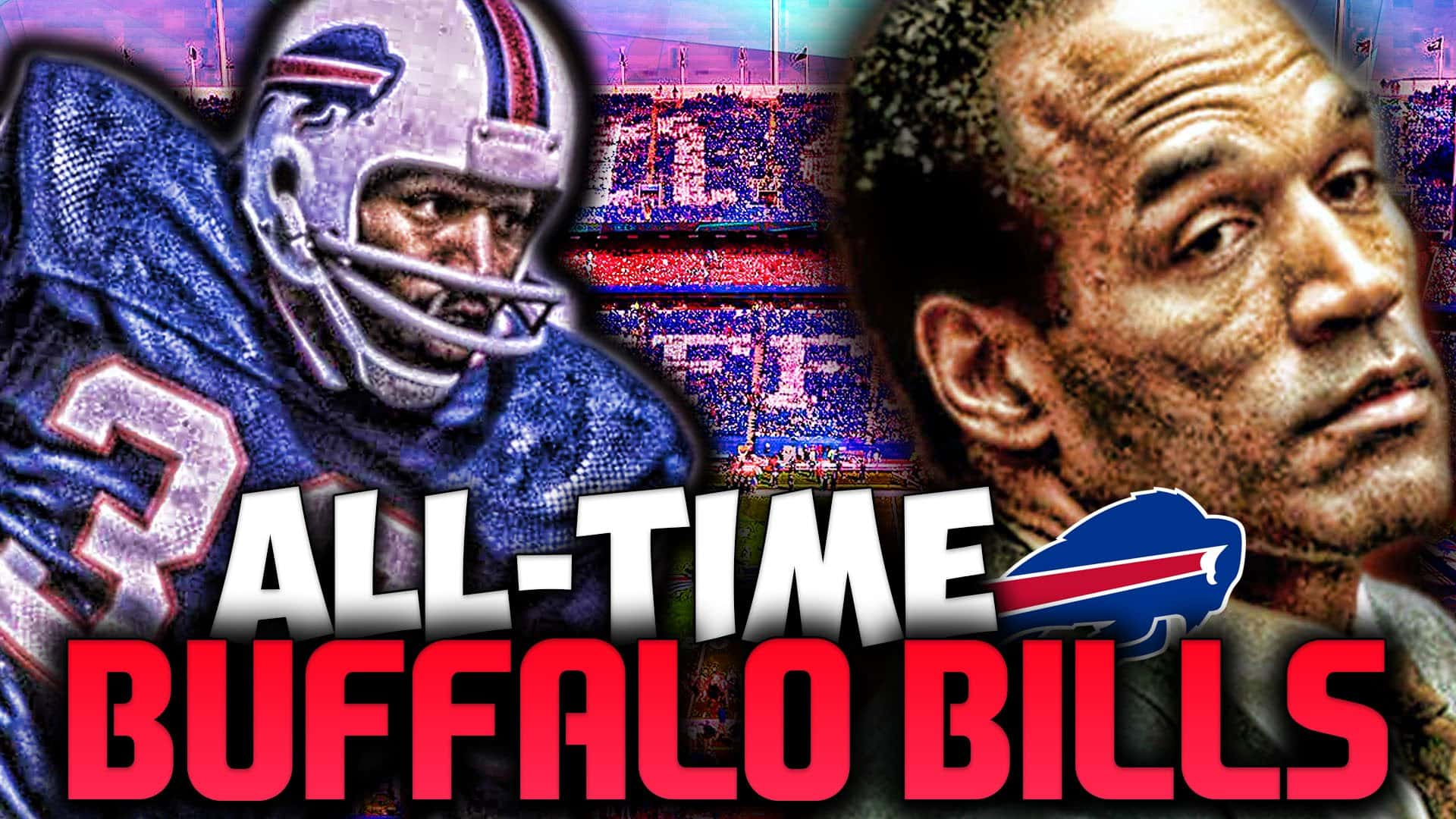 YouTube
YouTube
14. If I Did It
In 2006-2007, Simpson wrote a book with a ghostwriter called If I Did It—which is basically exactly what it sounds like. The ESPN documentary O.J. Simpson: Made in America features footage showing Simpson speaking to the man who ghost-wrote his book, and describes in detail the route of the drive from Brown Simpson’s home back to his home that he would have taken, had he did it. Another interview has surfaced in which Simpson speaks about the murders and what he experienced in a hypothetical manner, leading to some speculation that this was meant to be a sort of partial confession.
13. Restitution
In August 2007, a court awarded the rights for 90% of the profits of If I Did It to the family of Ron Goldman, who were still owed millions of dollars from the civil suit settlement. They re-published the book with the full title If I Did It: Confessions of the Killer, with the “If” in the title reduced to a very small font point beside the “I Did It” on the cover of the new edition.
12. Crisis Aversion
President Bill Clinton attempted to calm some of the social turmoil that could have come about from passionate feelings over the Simpson verdict. He urged people to respect the jury process and to do their best to pacify racial tensions.
11. Another Record
Some have suggested that the day of the car chase had been the best business day in history for Domino's Pizza up to that point, due to people being glued to their TV sets and not wanting to make dinner for themselves. Some say sales even reached Super Bowl Sunday levels.
10. If the Gloves Don’t Fit…
Perhaps with the exception of the White Ford Bronco, there is no image more closely associated with the O.J. Simpson trial than the pair of gloves he was asked to try on in court. The pair of gloves included one found at the murder scene and one found on Simpson's property, which were the same brand and size.
9. Racial Defense
One of the pieces of evidence used in Simpson's defense was the allegation that the police officers working on his case were racist. In particular, an officer named Mark Fuhrman was singled out and accused of using racial epithets during his work. While Fuhrman apologized for this, he insisted that his bad language should not disqualify the good police work he felt he did on the case.
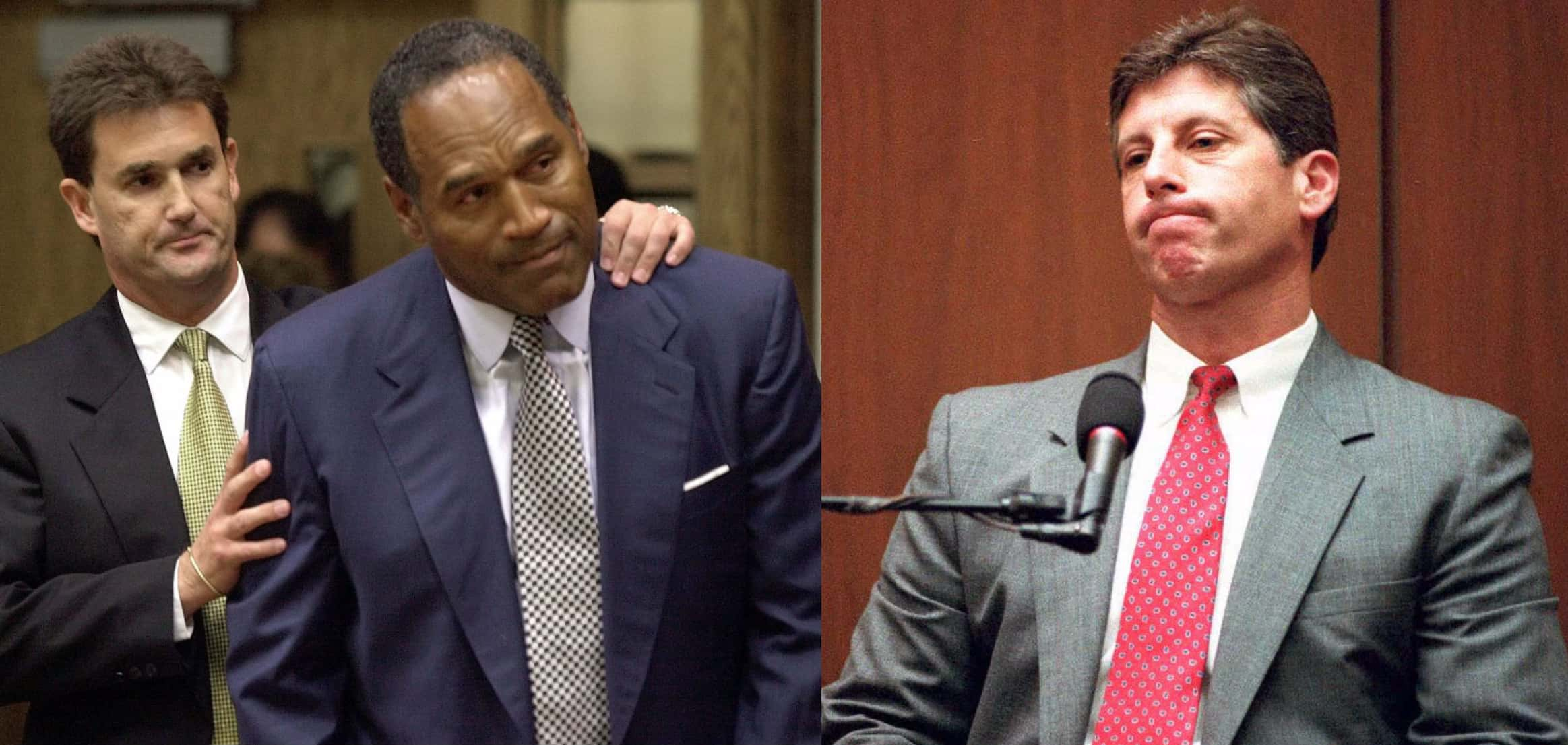
8. The Name Game
'O.J.' sands for Orenthal James, a name which his grandmother gave him after a French actor she had liked. Because O.J. also stands for orange juice, Simpson was often referred to as “The Juice.”
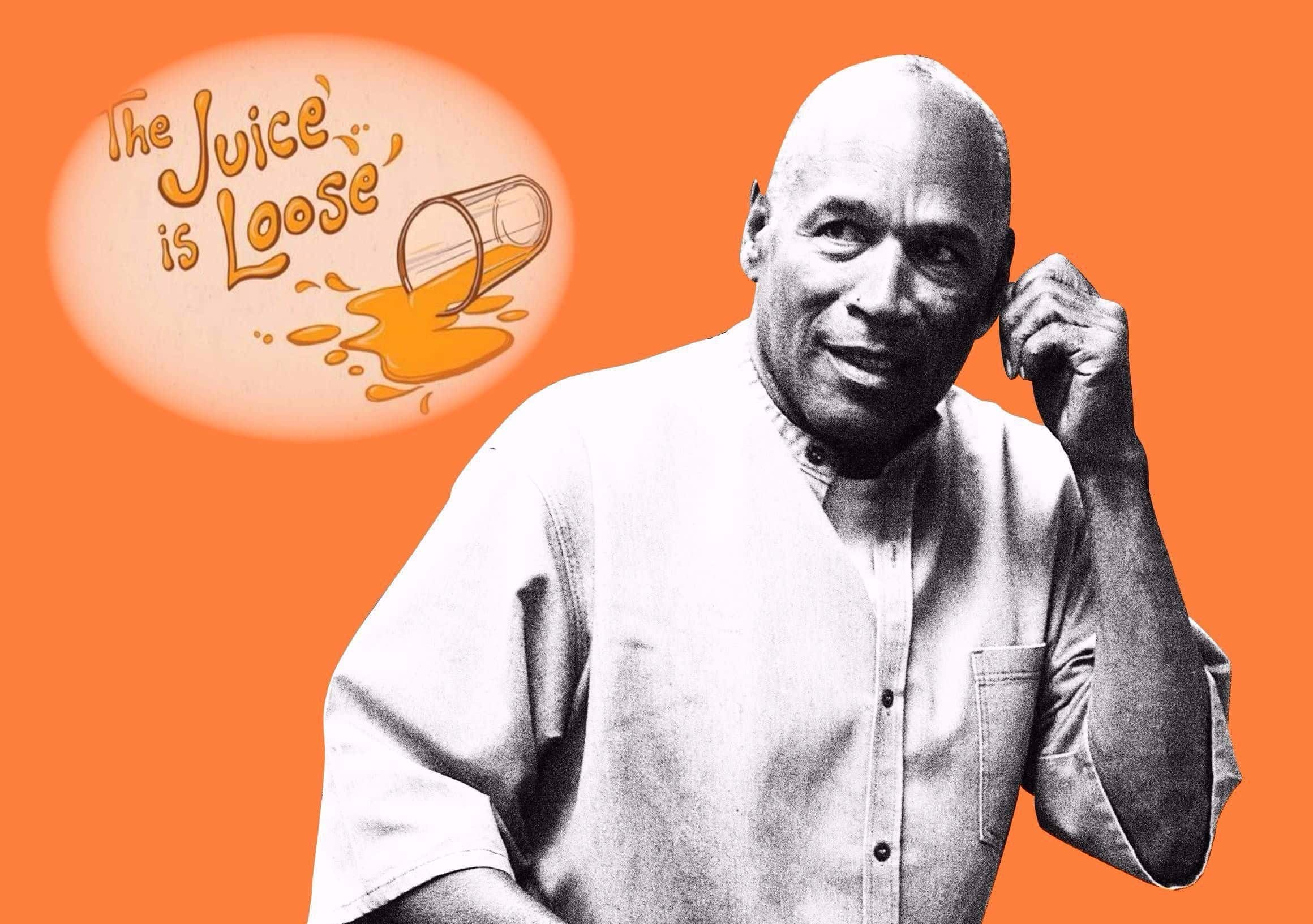
7. Father, Father
O.J. Simpson's father Jimmy had once been a popular drag queen in the San Francisco area. The elder Simpson came out as gay later in life. In O.J. Simpson: Made in America, a childhood friend of O.J.’s tells a story about the two young men visiting Jimmy Simpson and finding him with a man, both in bathrobes. Later in life, Simpson allegedly beat Nicole Brown Simpson for letting a homosexual man kiss their son.
6. Juiced!
Once the public believes that someone has committed murder, it's pretty much assumed that their career in the public eye is over. It might then surprise you to learn that O.J. Simpson starred in his own reality TV show in 2006 (10 years after the trial), which featured pranks on unsuspecting passersby followed by the catchphrase “you've been juiced!”—which unsurprisingly, never quite caught on as much as Punk'd.
5. Civic Duty
Given the feeling of many people that Simpson was guilty of the crimes, the question of why the jury acquitted him has been the subject of much speculation ever since. Three of the jurors collaborated on a book, Madam Foreman, in which they share some of their perspective on what really happened in that jury room.
4. 267 Days, 266 Nights
After a 267-day trial that included over 1,105 pieces of evidence and 13 witnesses, the jury took just less than four hours to come up with the verdict of not guilty. When questioned how they could come up with a verdict so quickly, Juror No. 2, Yolanda Crawford, replied “266 nights.” That’s almost a year away from family, friends, and career. The lengthy, exhausting trial and restrictive conditions placed on jurors during the trial led to a team of drained jurors coming very quickly to a verdict.
3. Catchphrase
“If it doesn't fit, you must acquit” was Johnnie Cochran's memorable closing argument, intended to be so memorable and rhetorically effective that it would stay in the jury's mind. Well, he got the verdict he was looking for, and the line was so catchy that everyone still remembers it 20 years later—so I guess Johnnie was happy with himself.
2. Why It Didn’t Fit
The documentary O.J. Simpson: Made in America is chockfull of bombshells about the case, perhaps none more shocking than a claim made by Simpson’s agent, Mike Gilbert. Knowing about the pair of gloves, one of which had been found at the crime scene, the other at Simpson’s home, Gilbert anticipated their role in the trial and claims that he told Simpson to stop taking his arthritis medication for a few weeks so that his hands would swell up. This ensured not only that the glove wouldn’t fit, but that Simpson would be unable to bend his fingers to pull the glove on. Depending on how much you believe Gilbert, he has also claimed that while drinking with Simpson one night, that Simpson said: “If she (Brown Simpson) wouldn’t have opened the door with a knife, she’d still be alive.”
1. The End
The much-anticipated verdict was finally announced on October 3, 1995. The not-guilty verdict was met with a controversy and debate—much of which still continues to this day. In footage from the courtroom, when the verdict of not guilty in the case of the murder of Brown Simpson is announced, Cochrane yells in celebration and Simpson smiles while Kardashian looks grave and ashen. When the same verdict is read in regards to the murder of Goldman, his sister is shown loudly weeping. A loud cheer arose in the large crowd that had gathered outside the courtroom, and as the verdict was announced on the news, other groups congregated across the US, including a large crowd in Times Square.
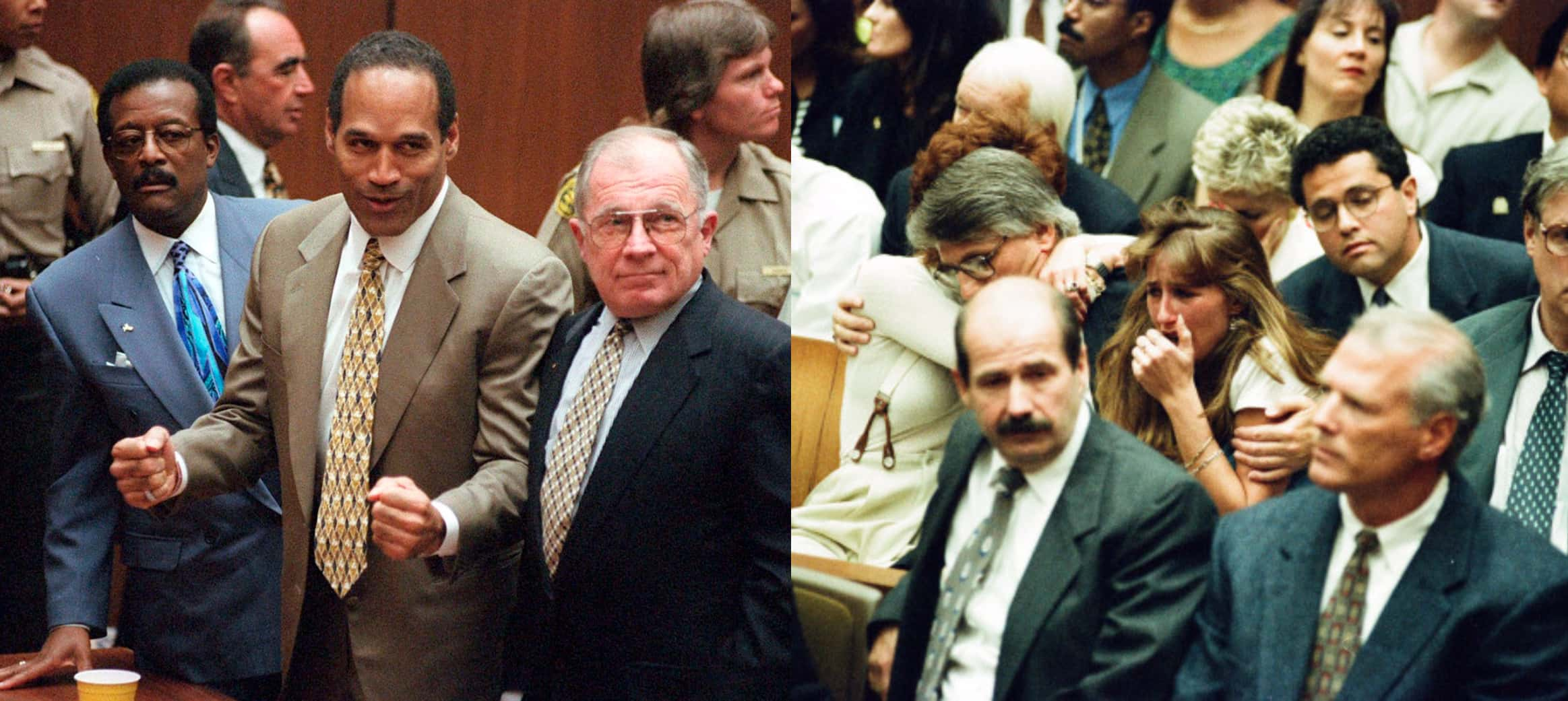
Sources: 1, 2, 3, 4, 5, 6, 7, 8, 9, 10, 11, 12, 13, 14, 15, 16, 17, 18, 19, 20, 21, 22, 23, 24, 25, 26, 27, 28, 29, 30, 31, 32, 33, 34, 35, 36, 37, 38, 39, 40

